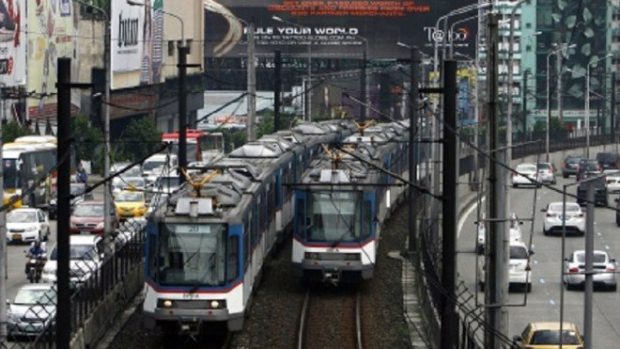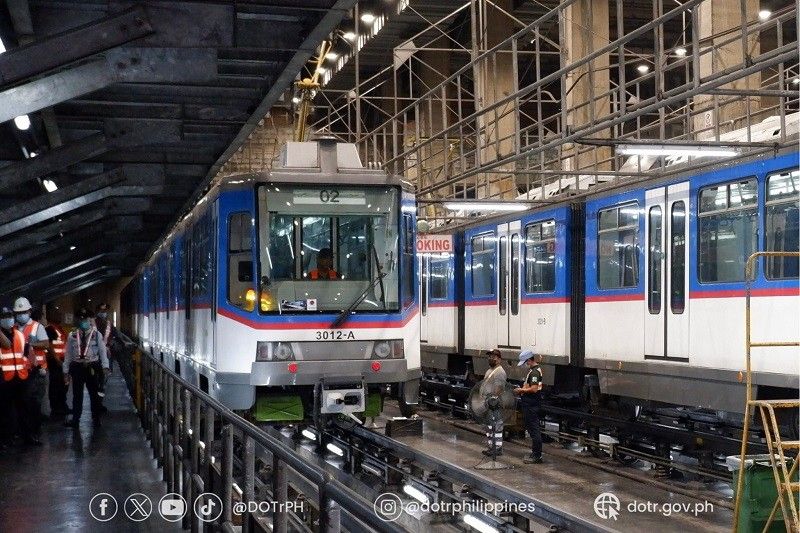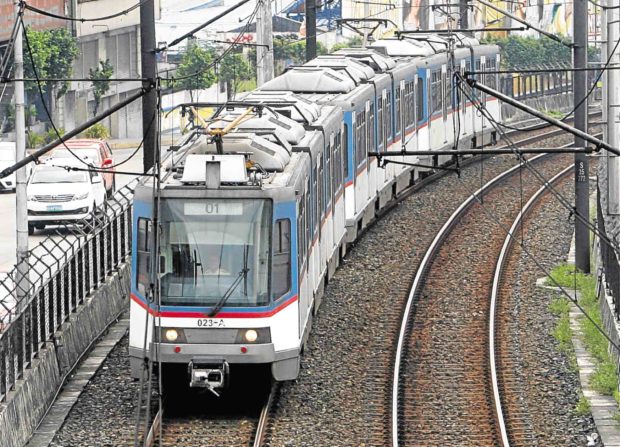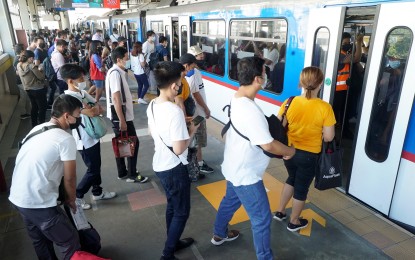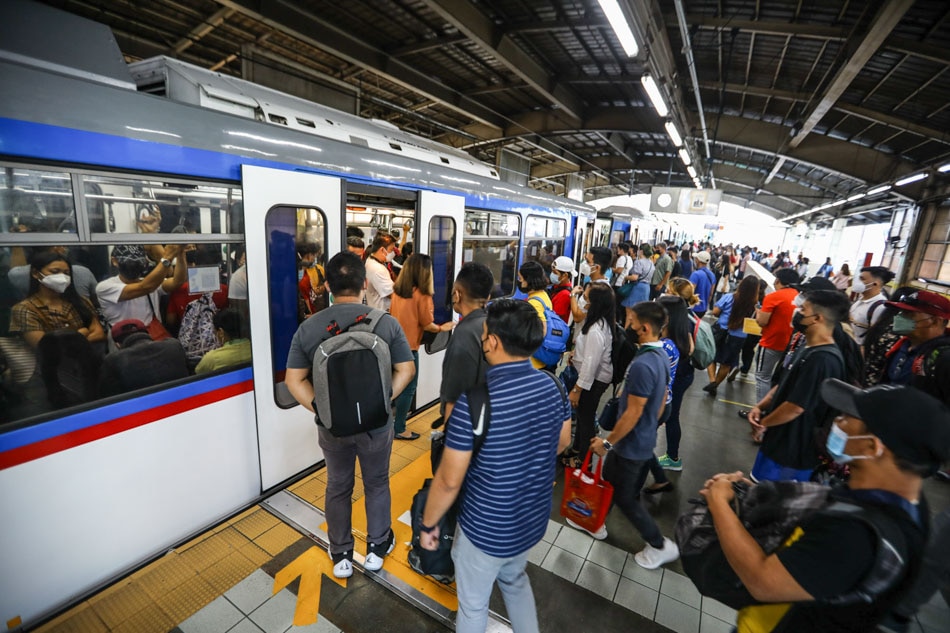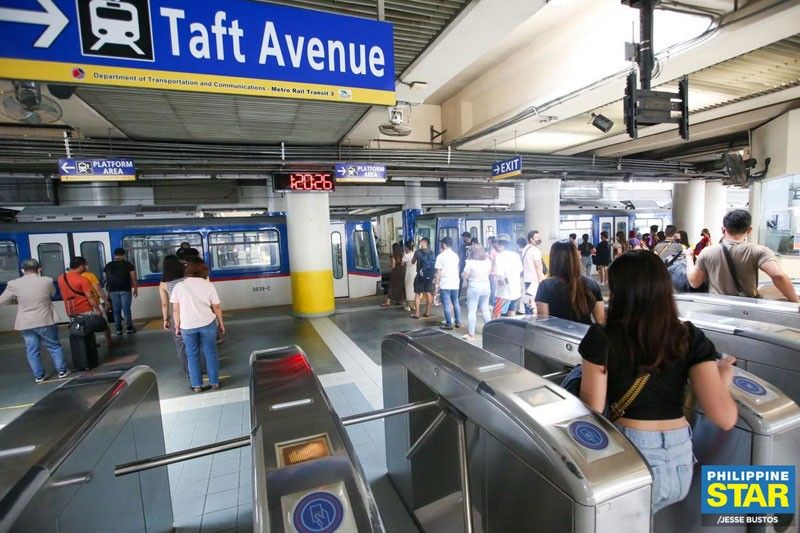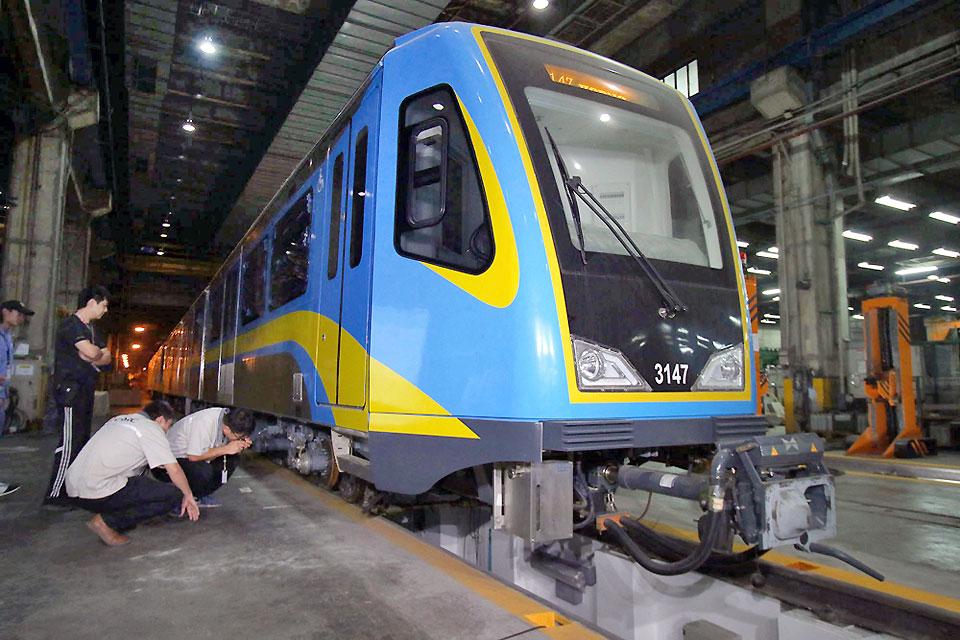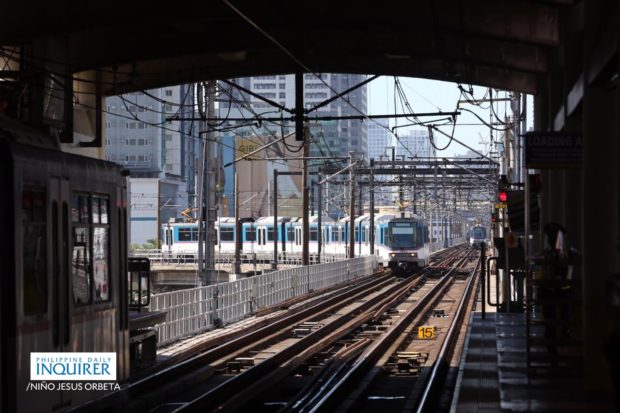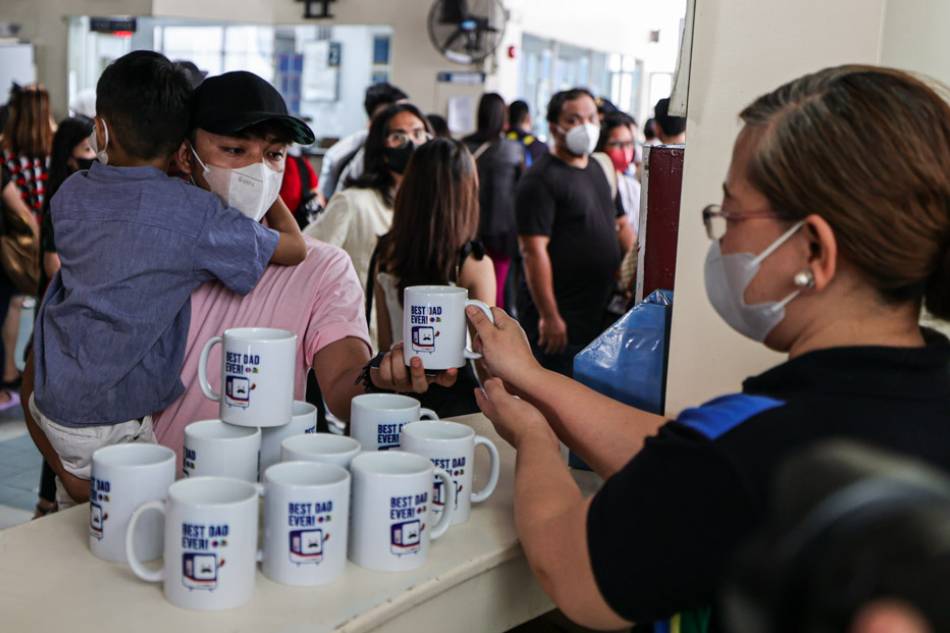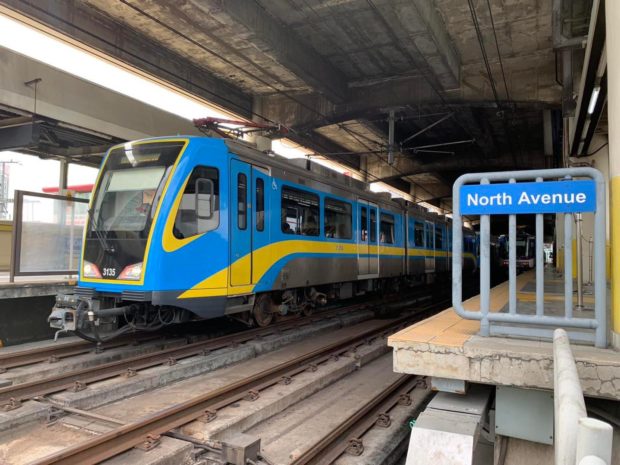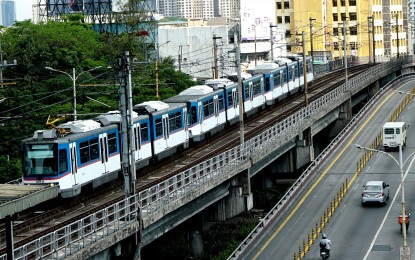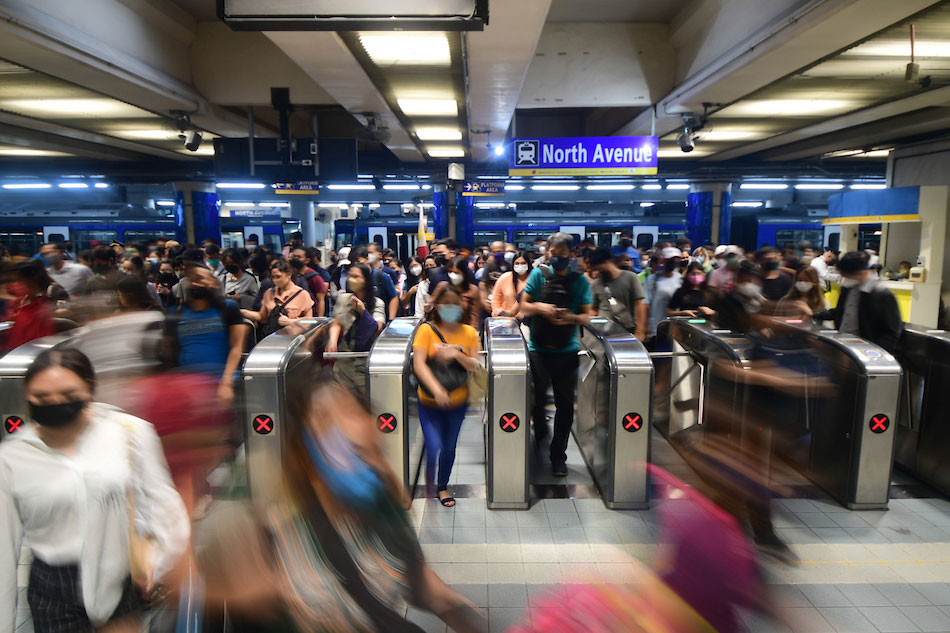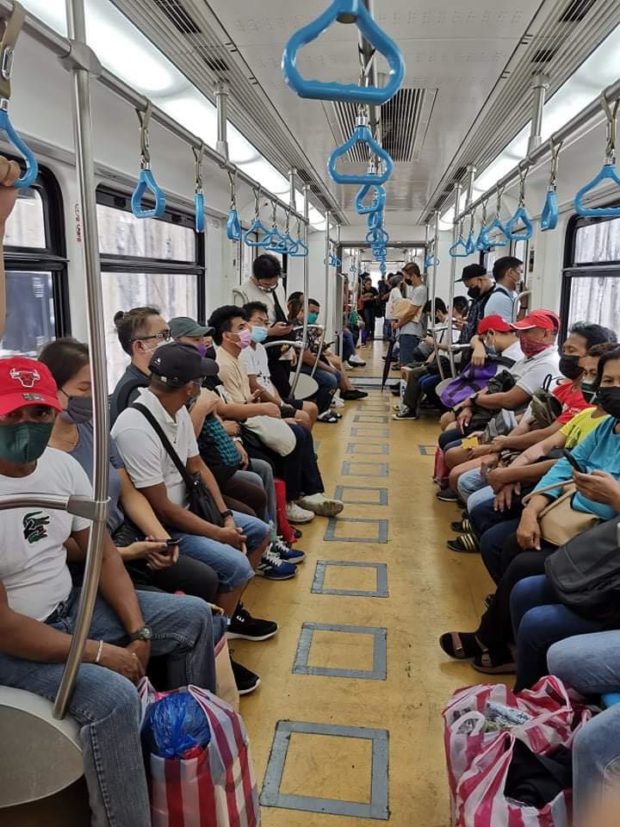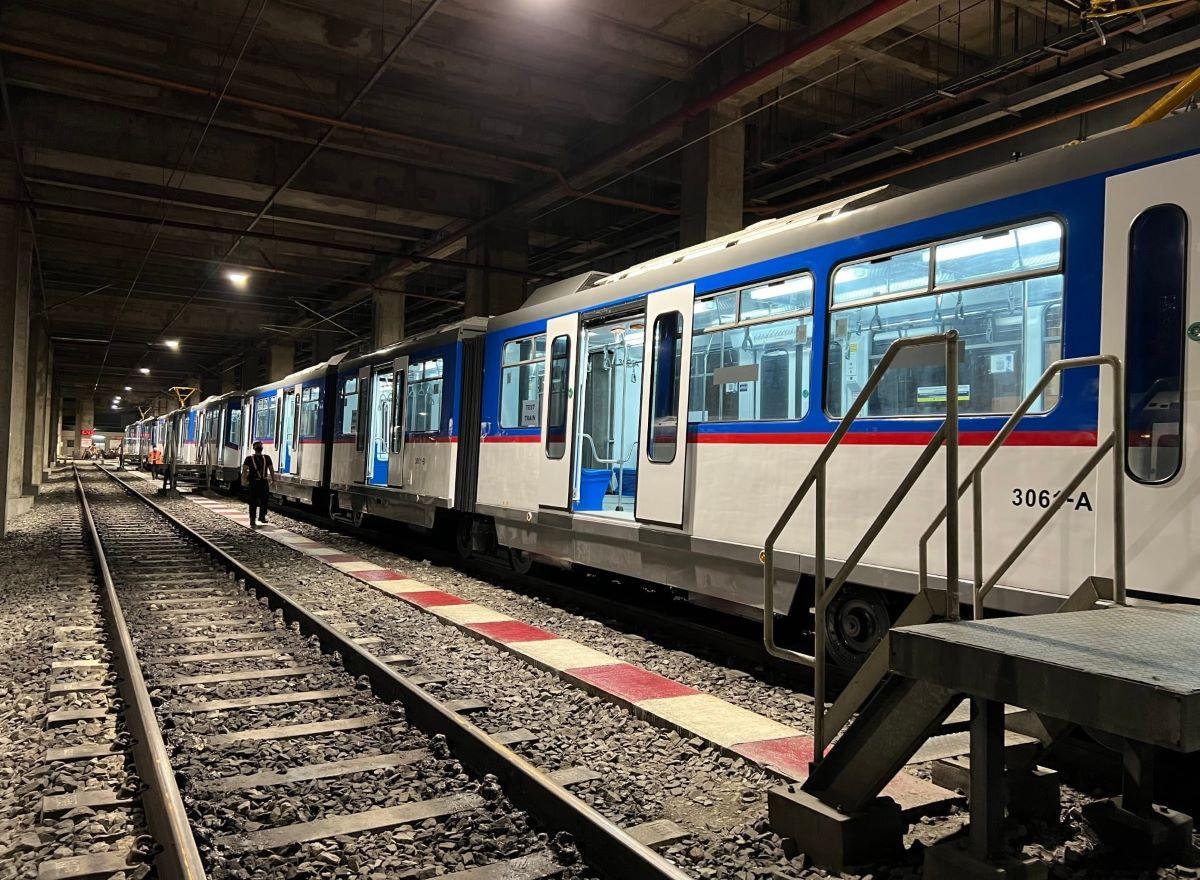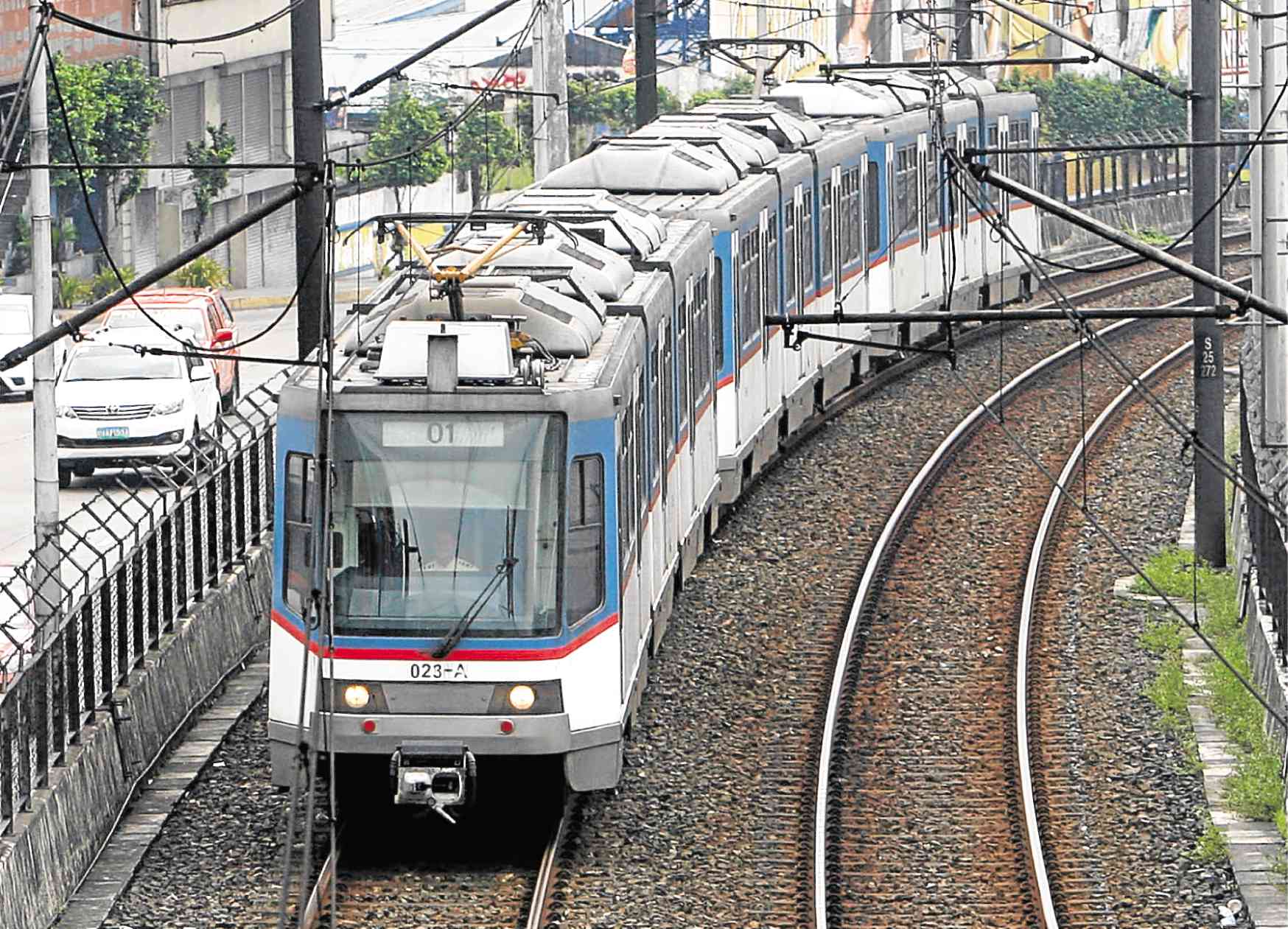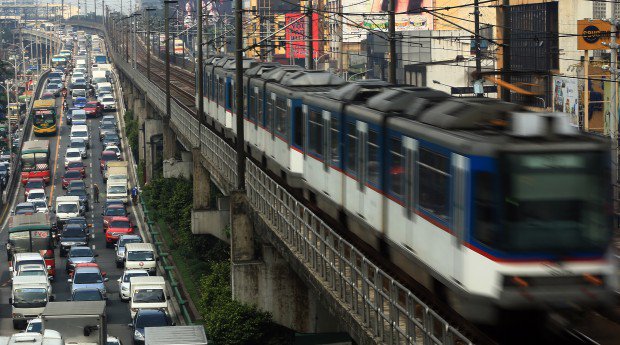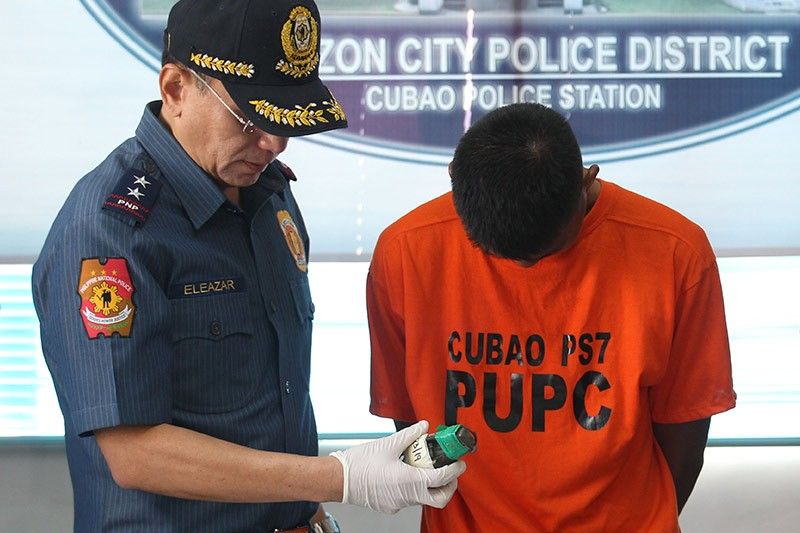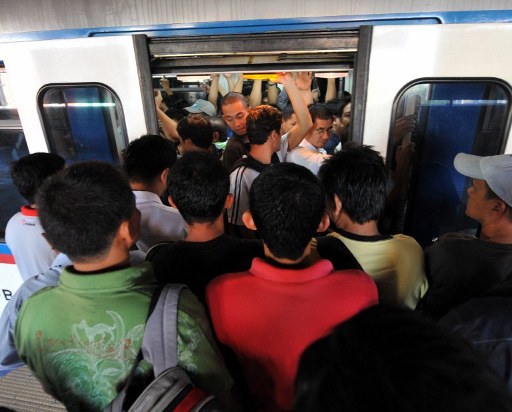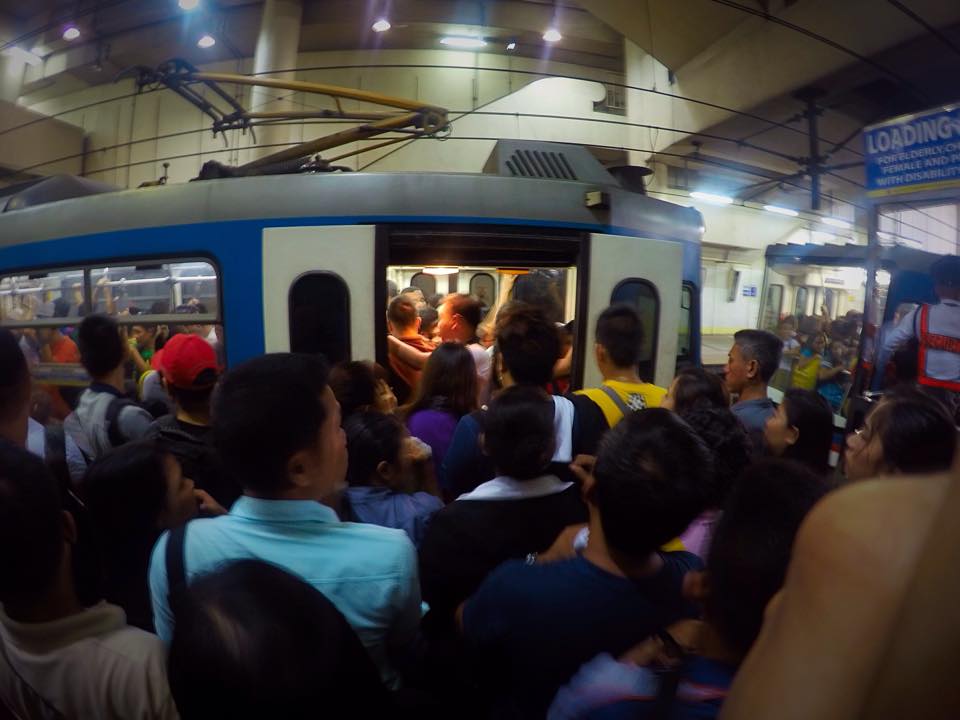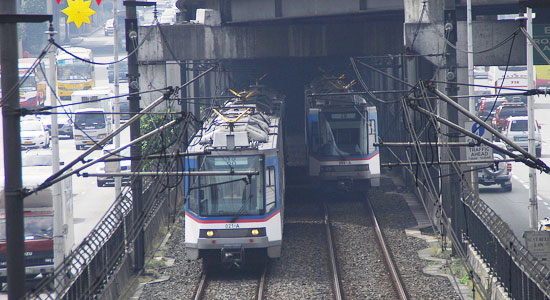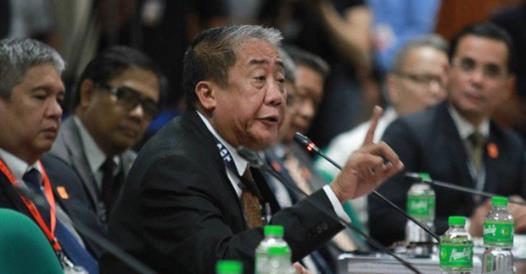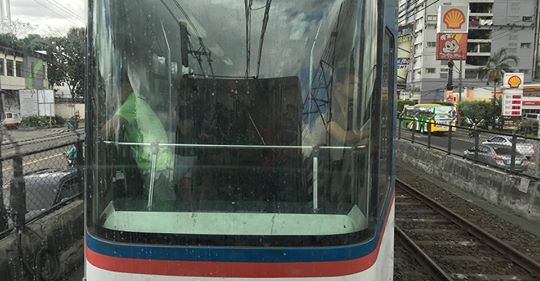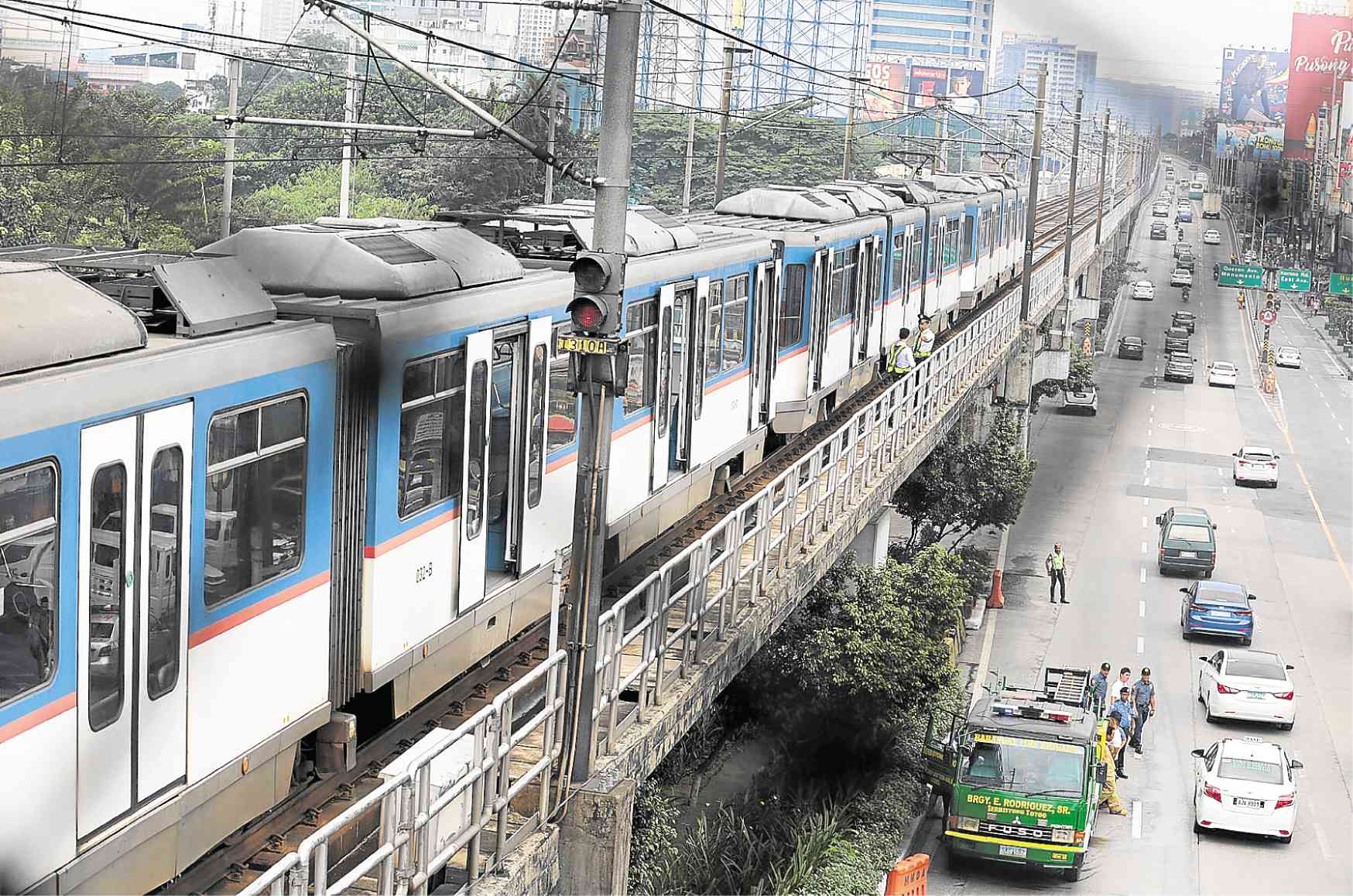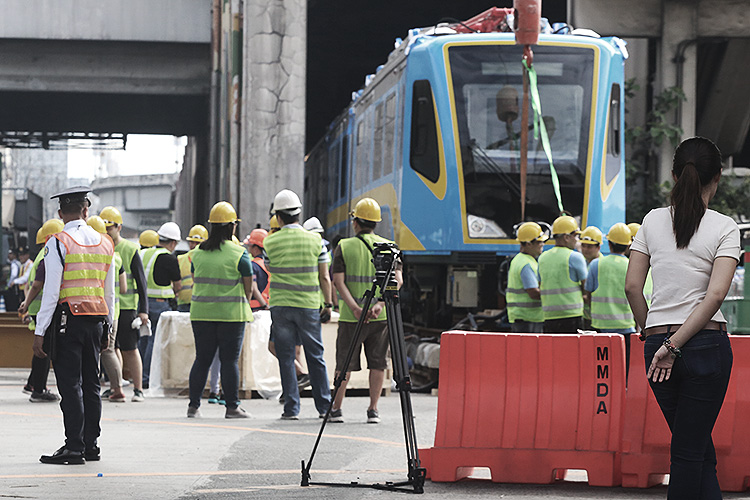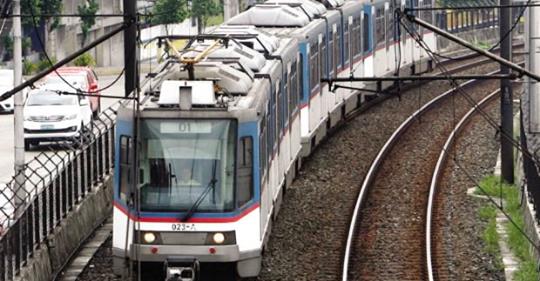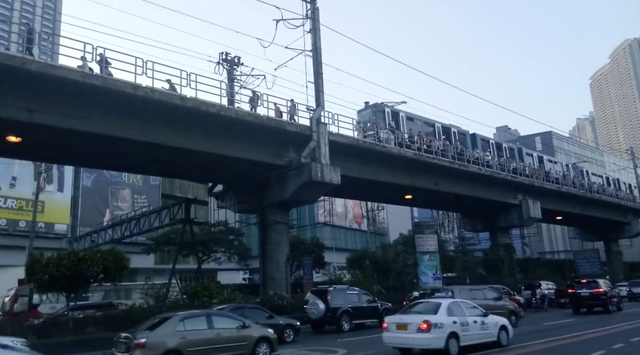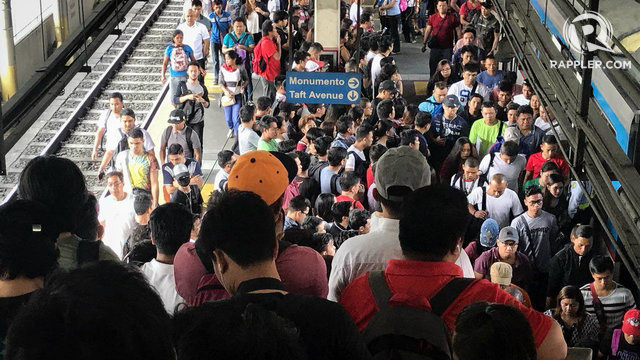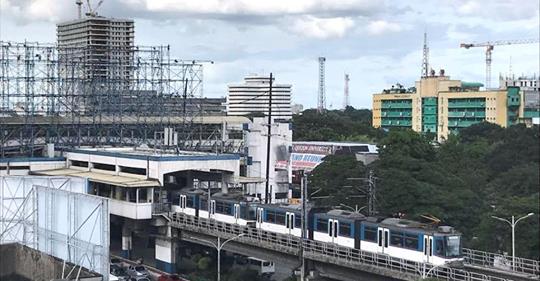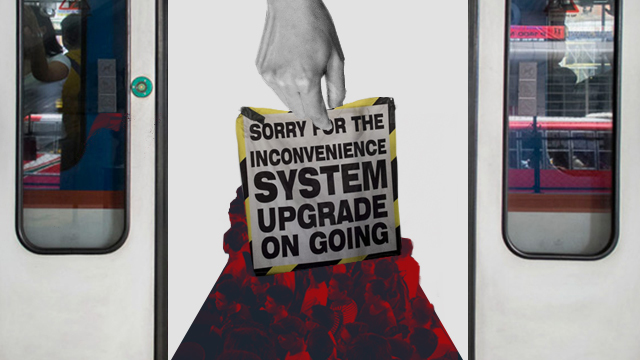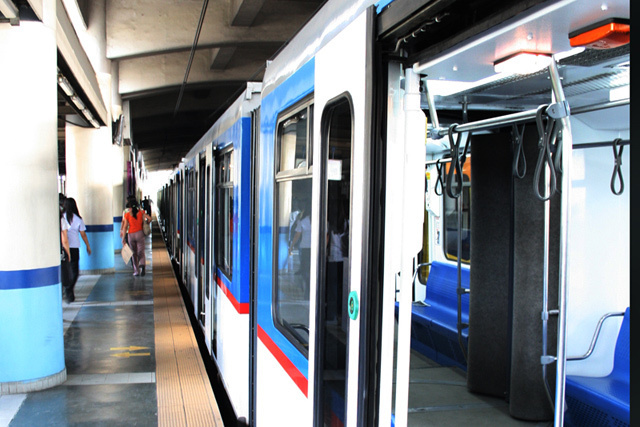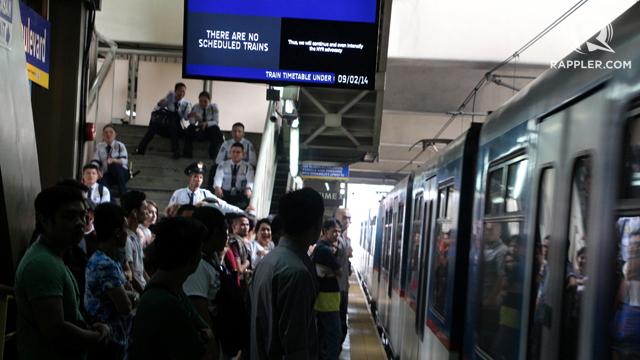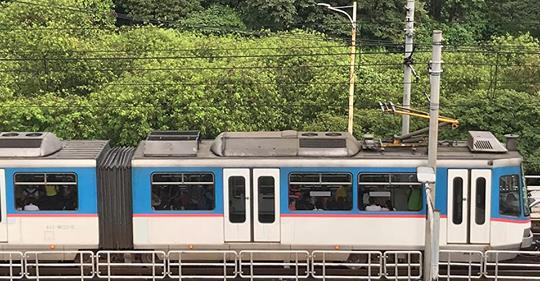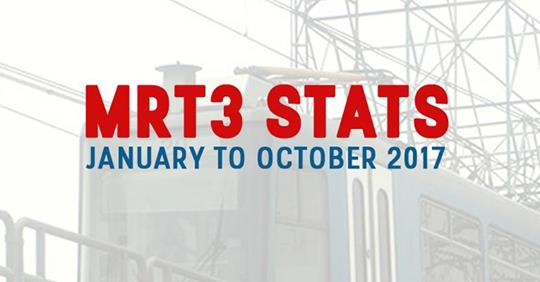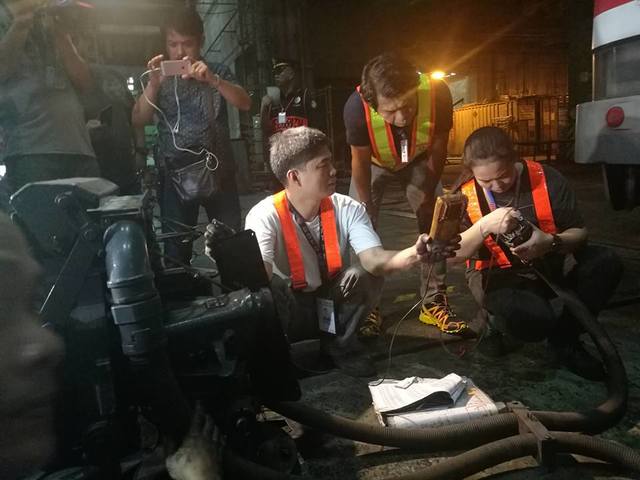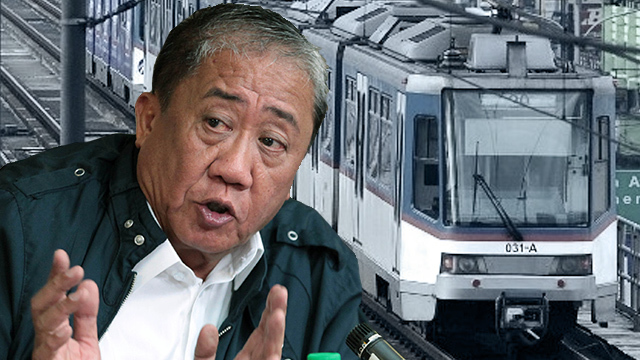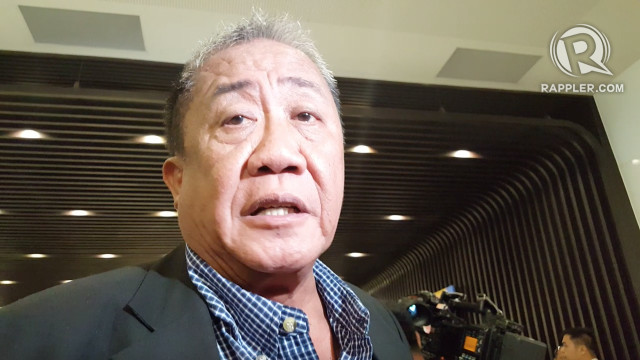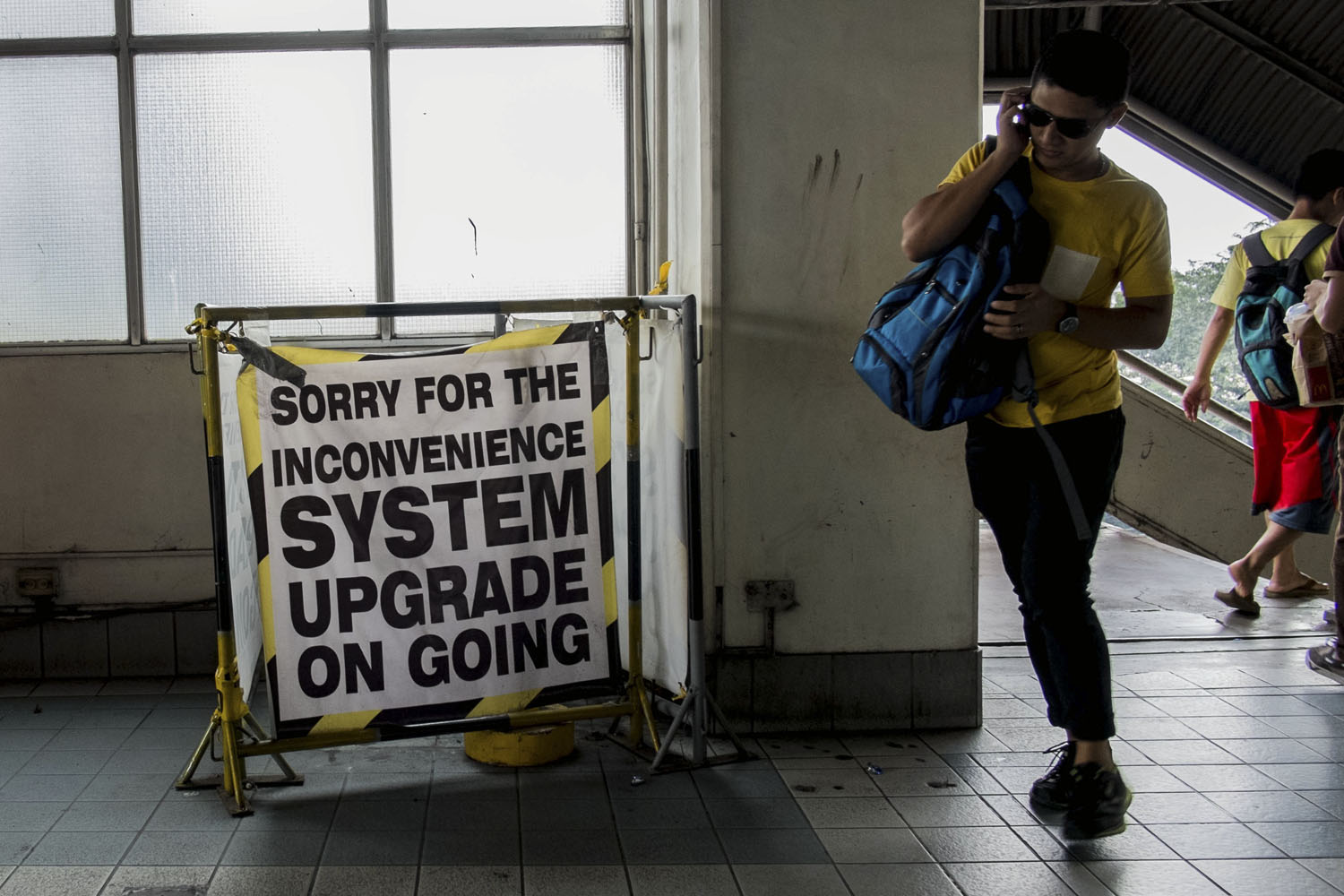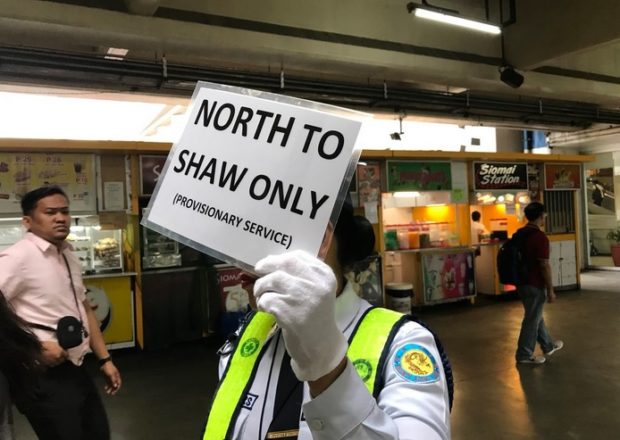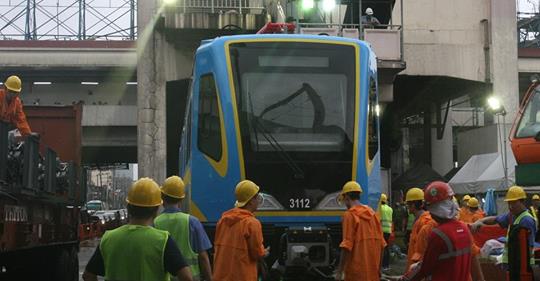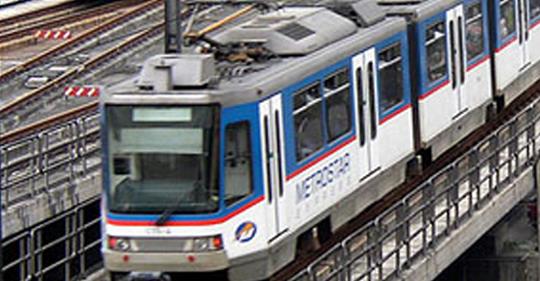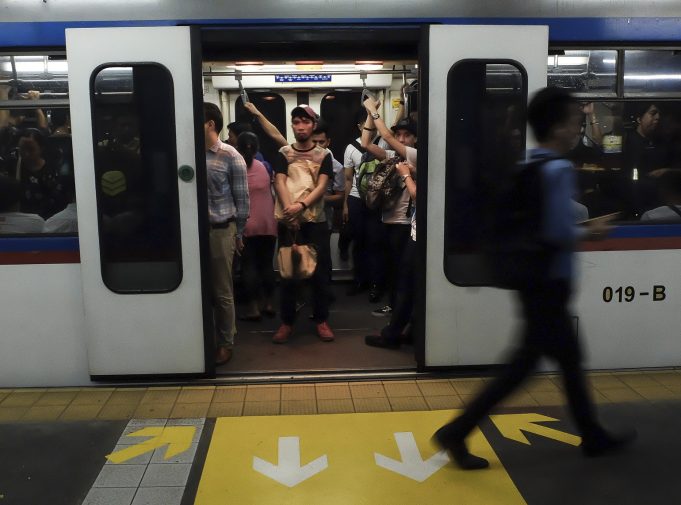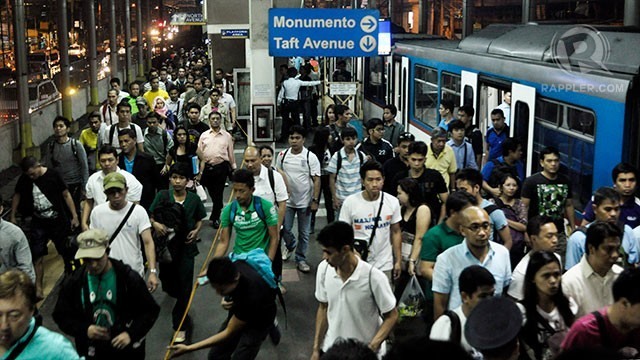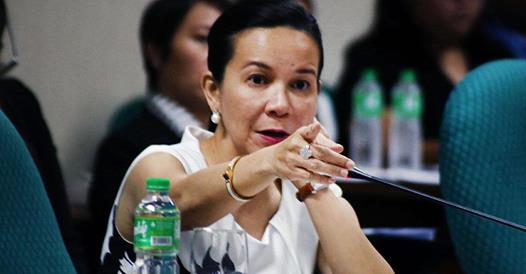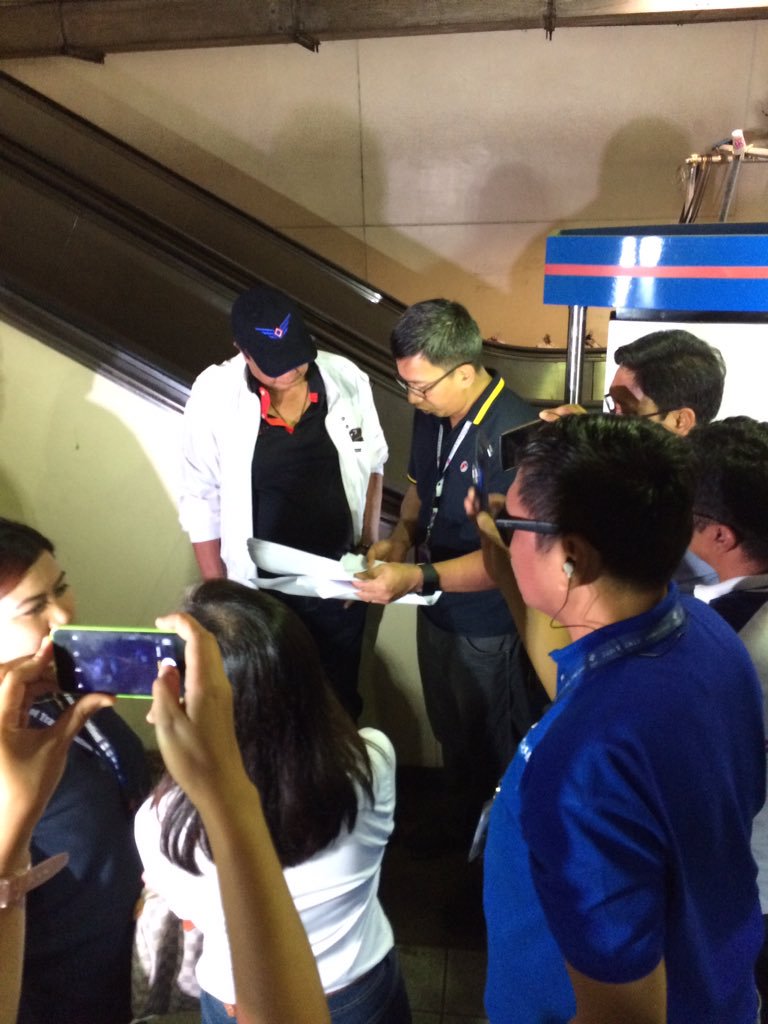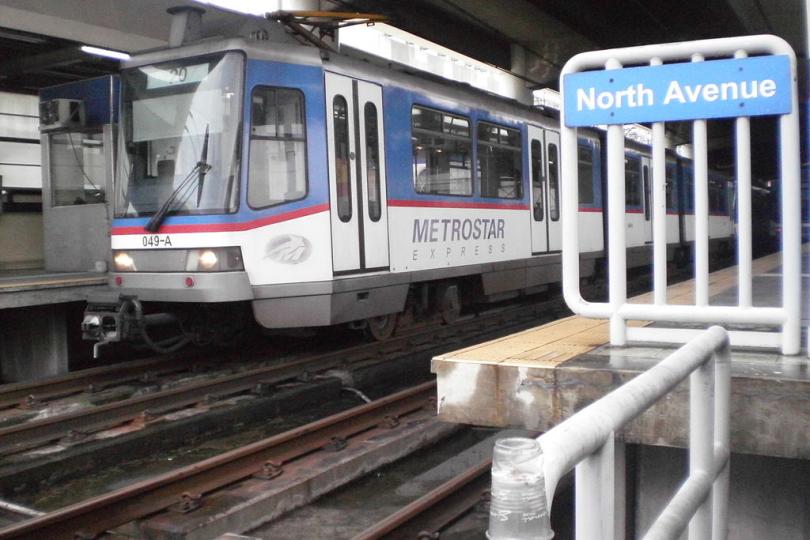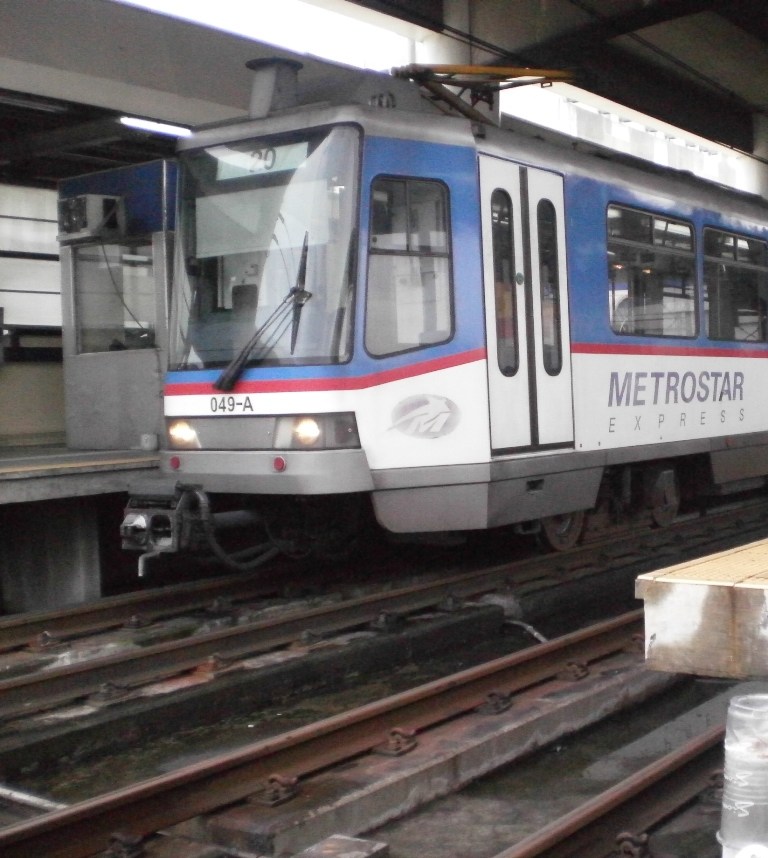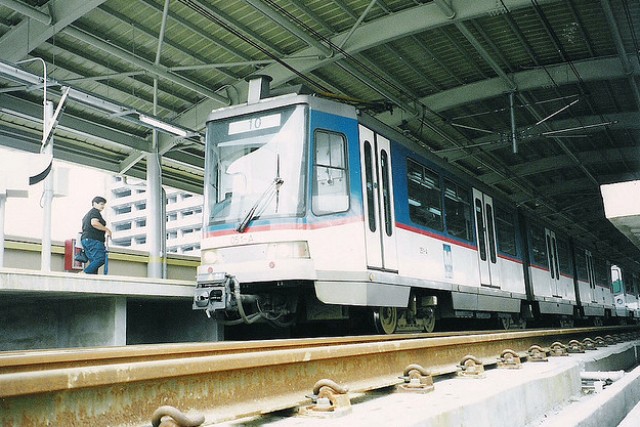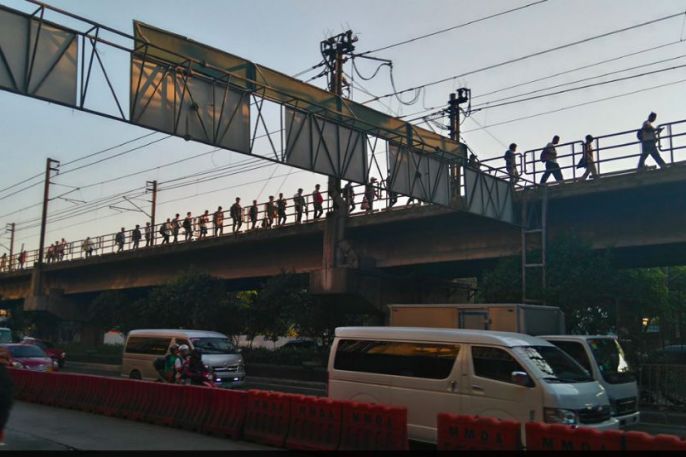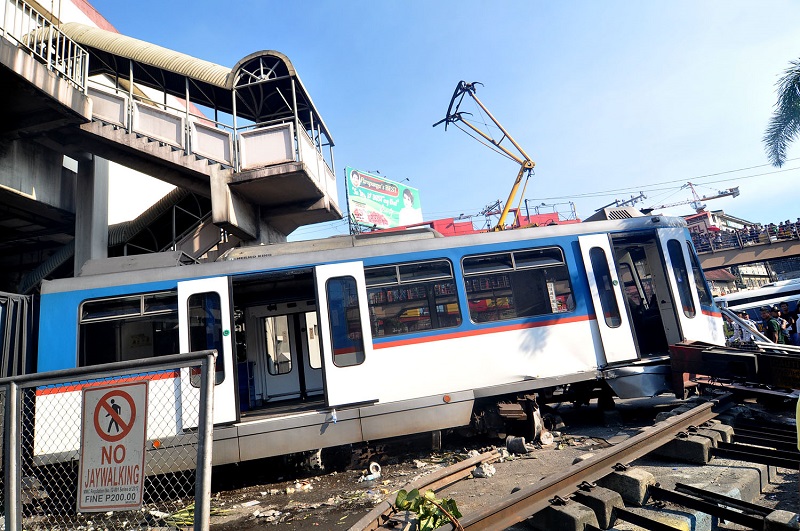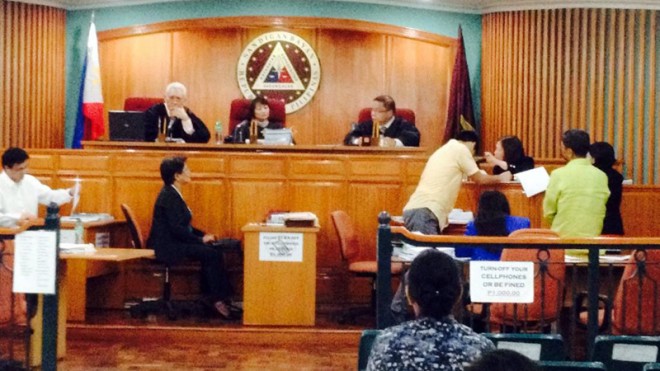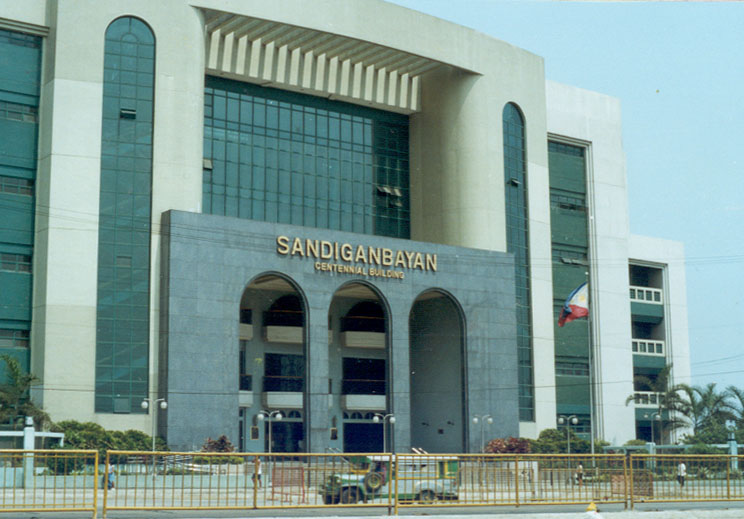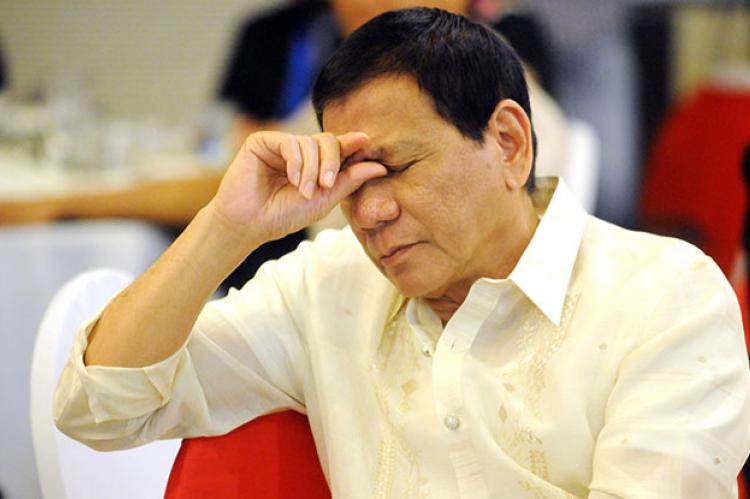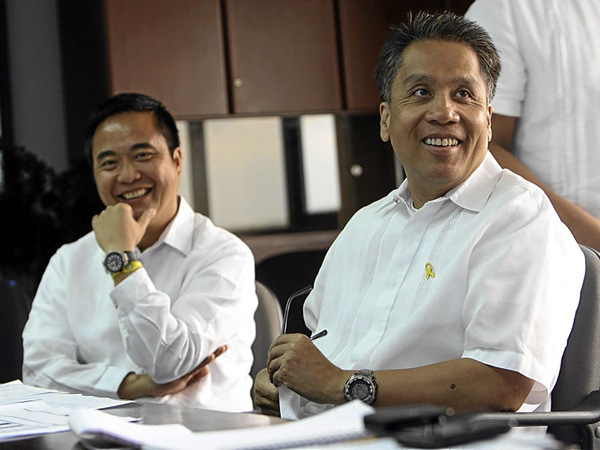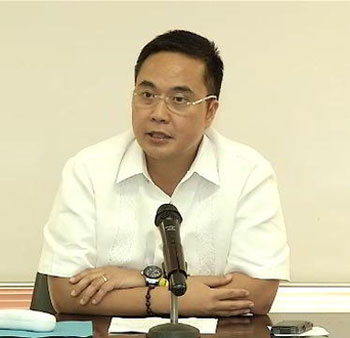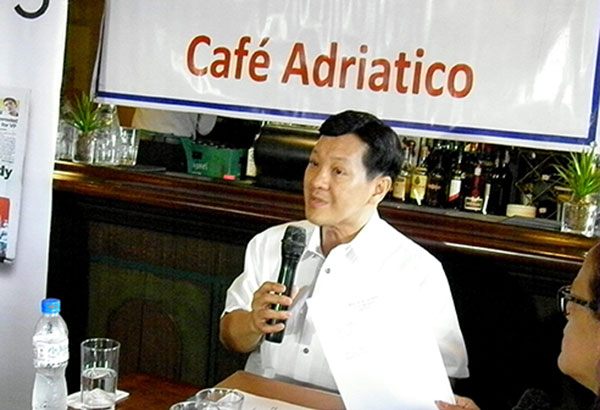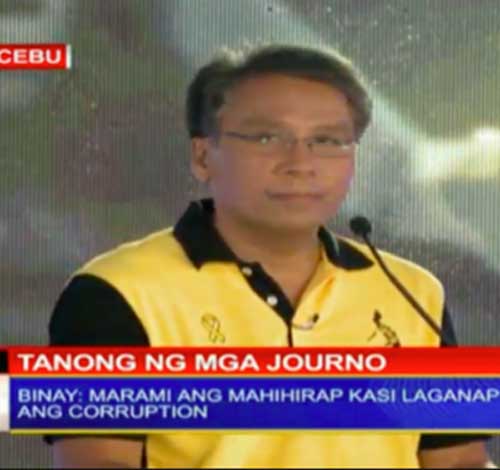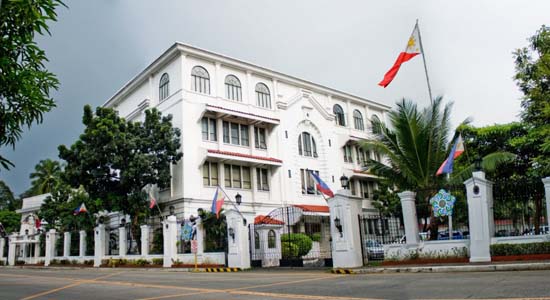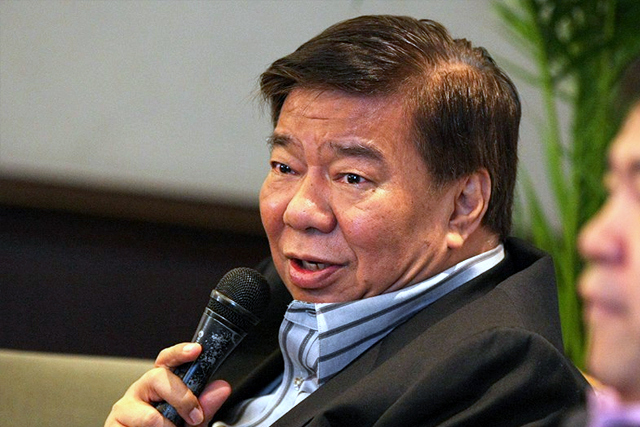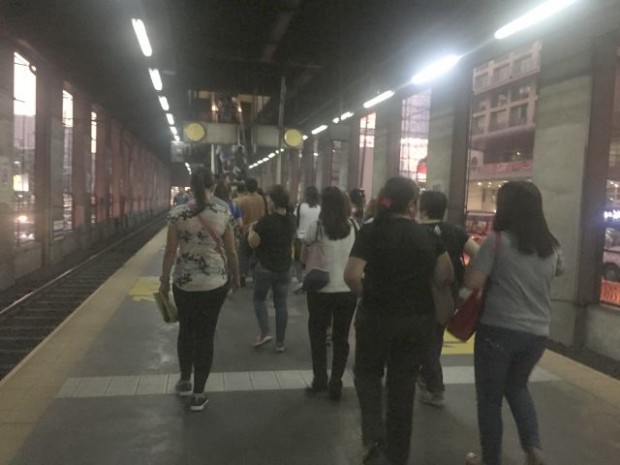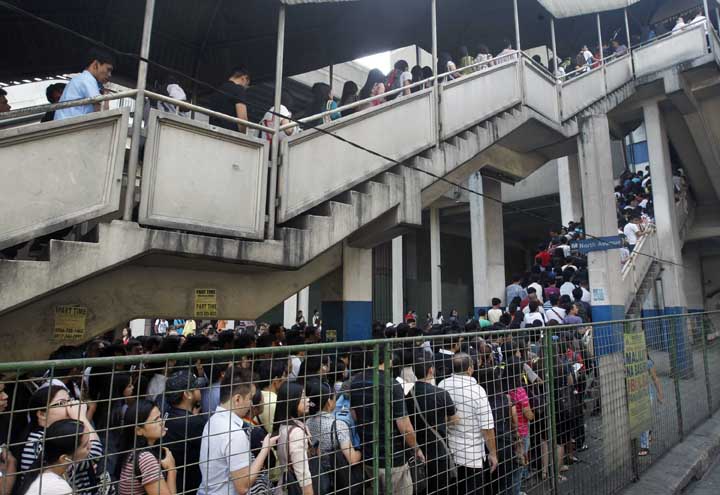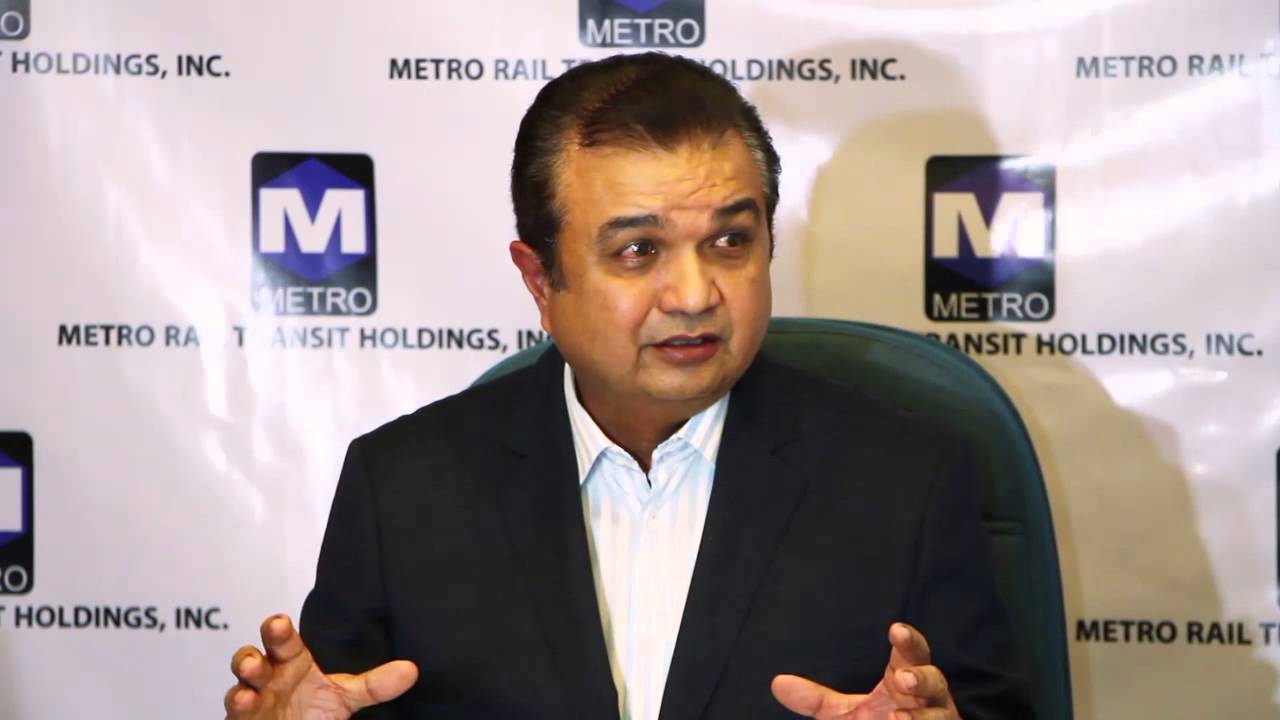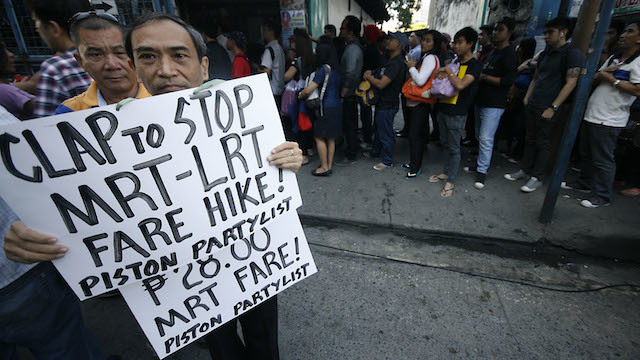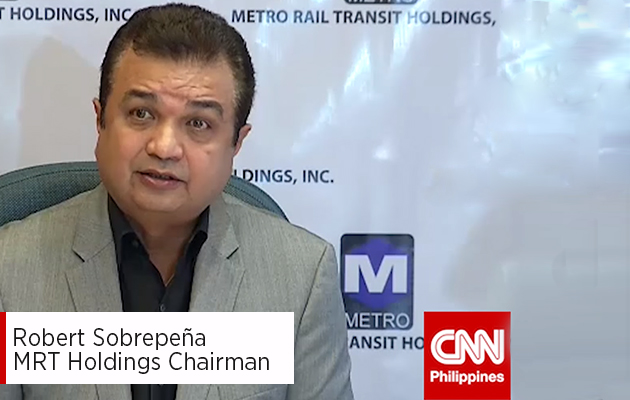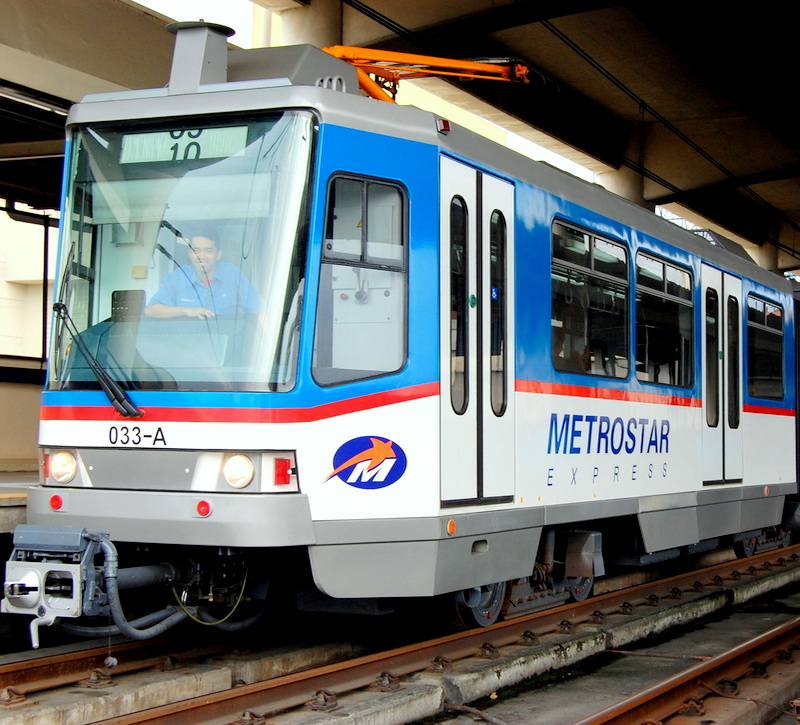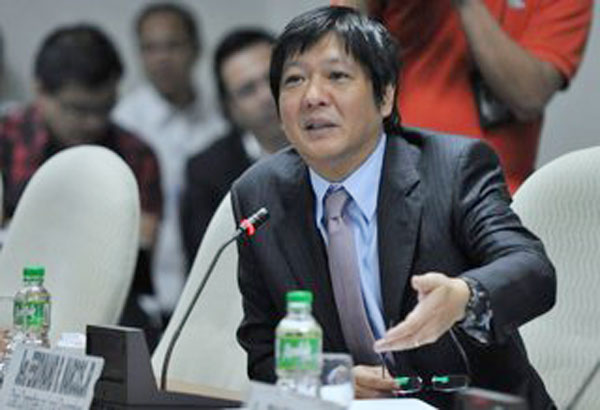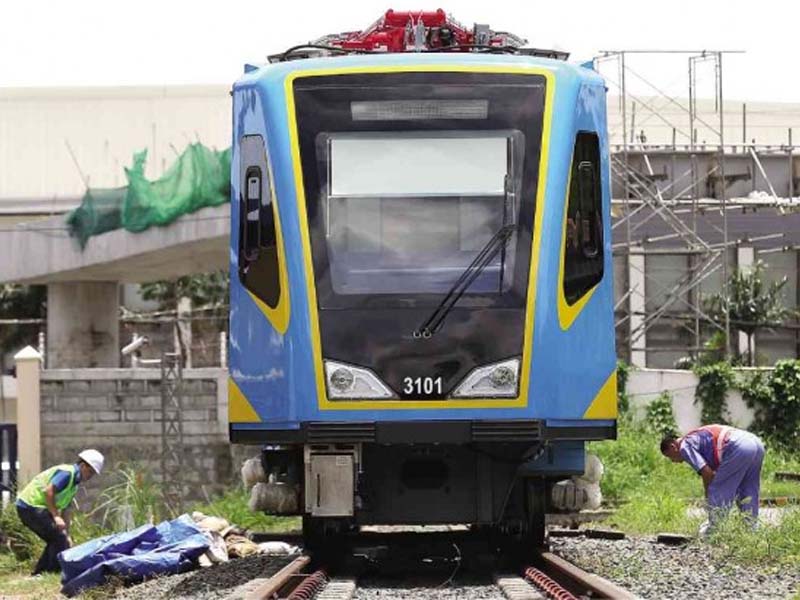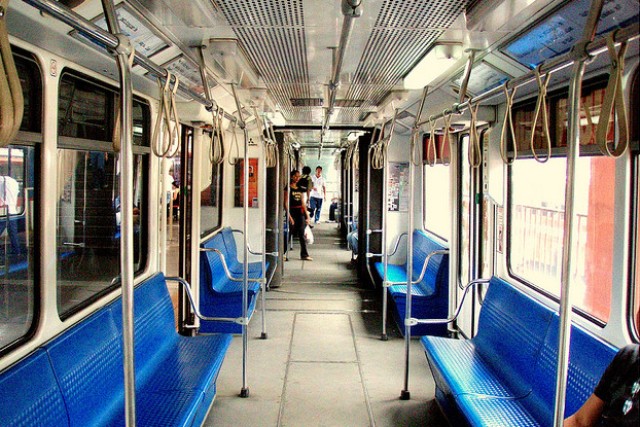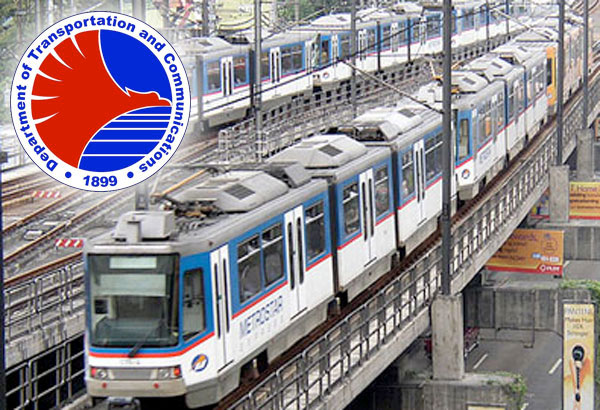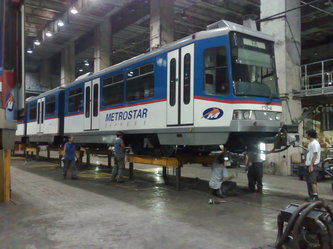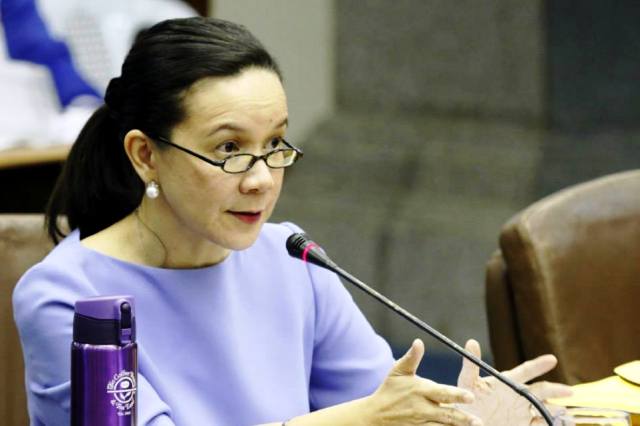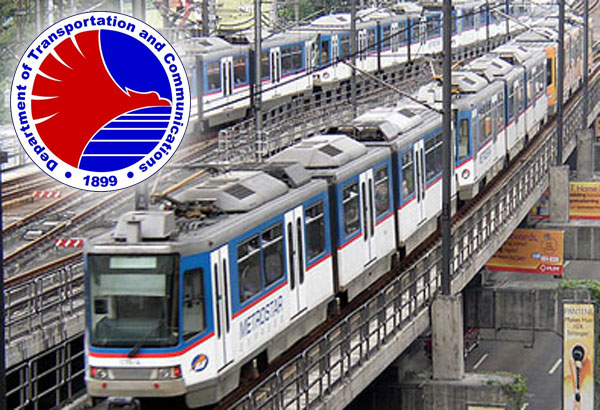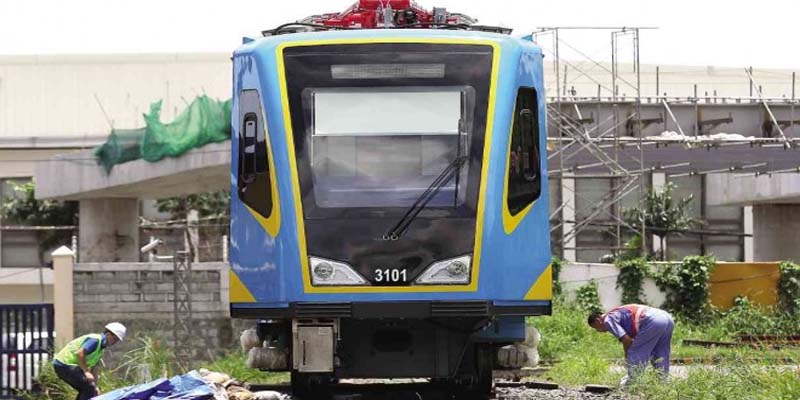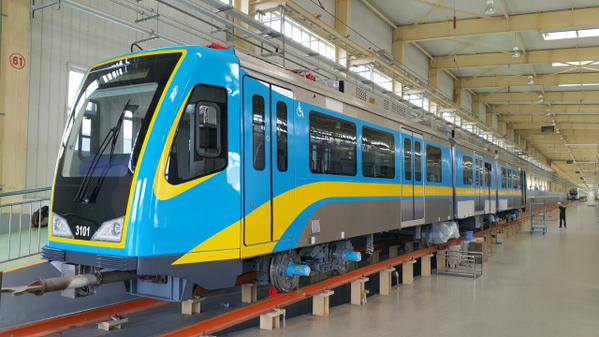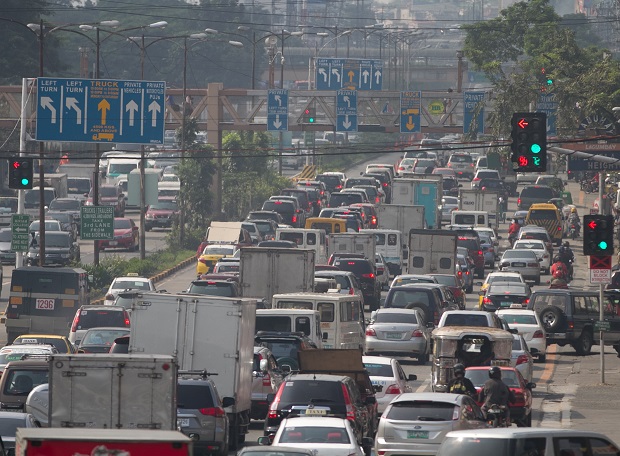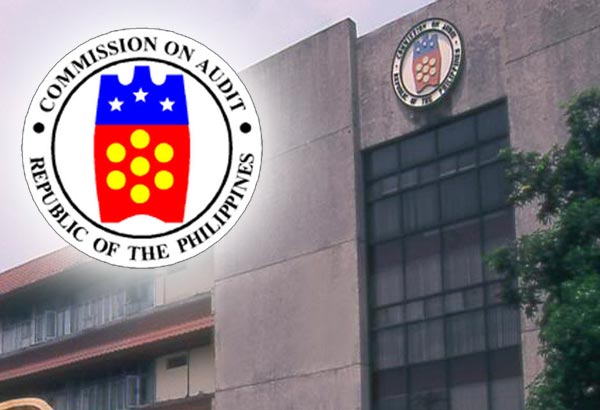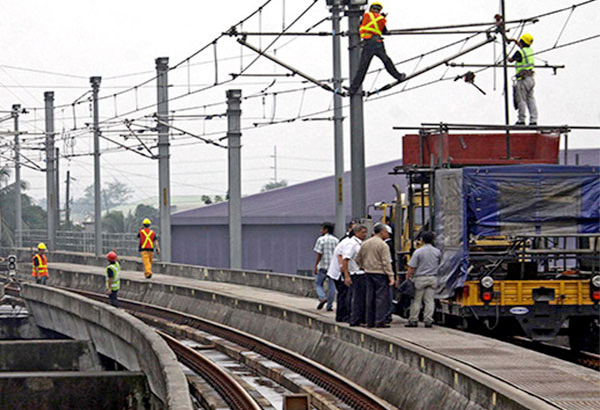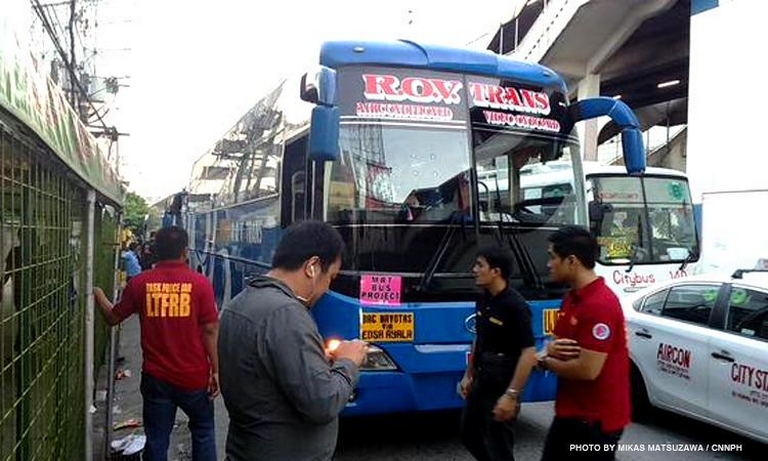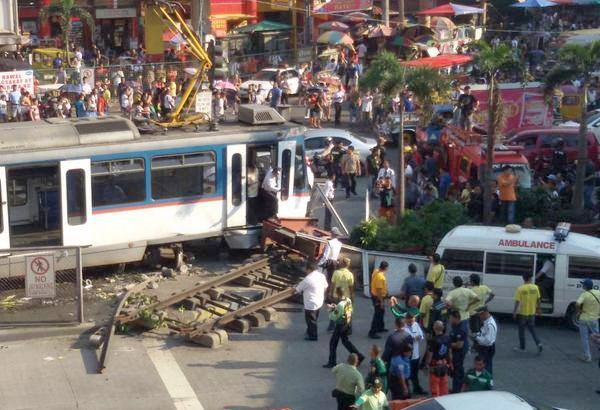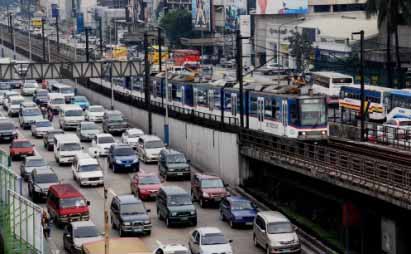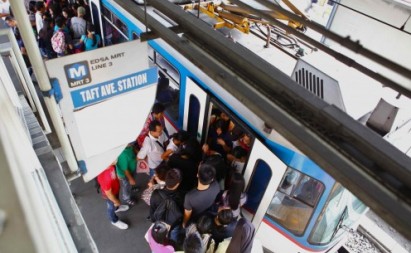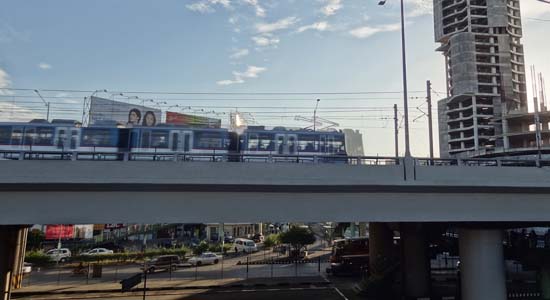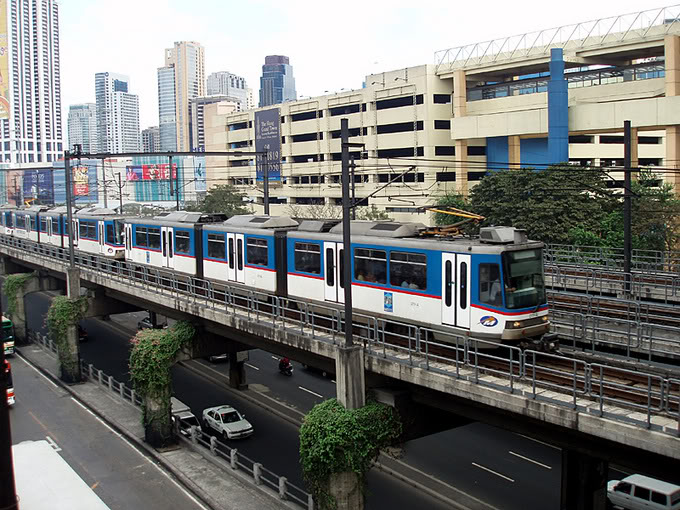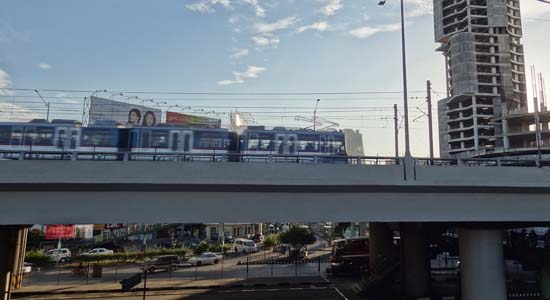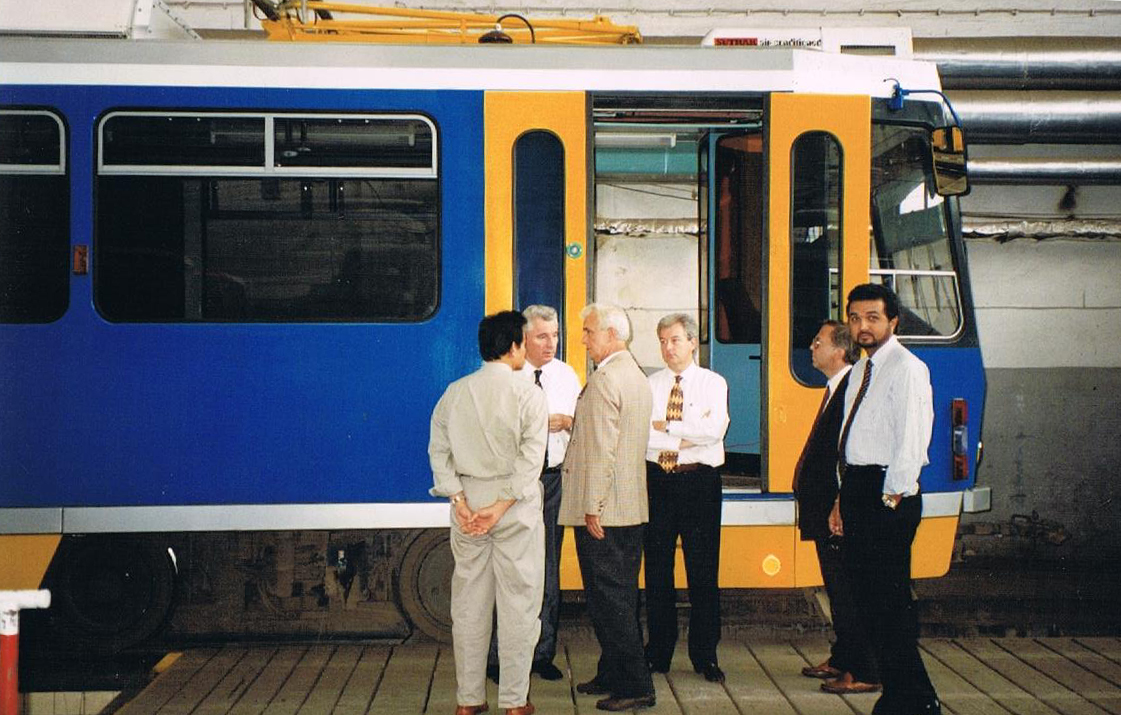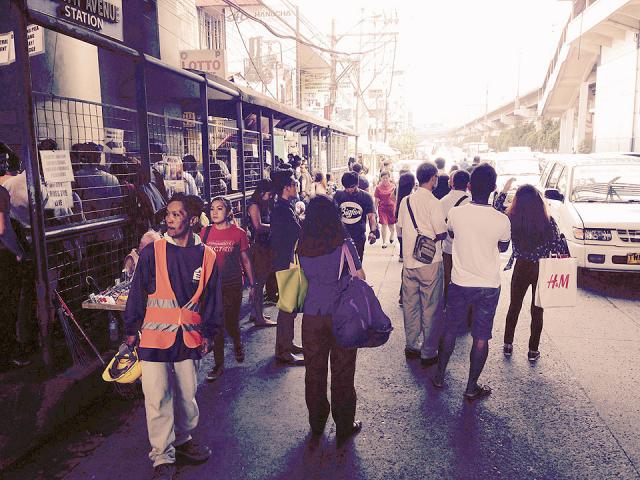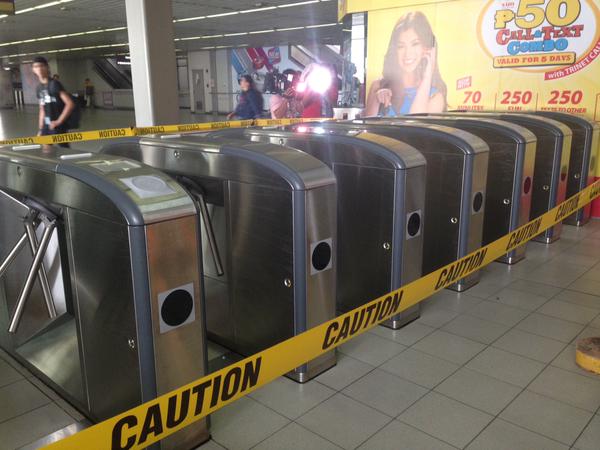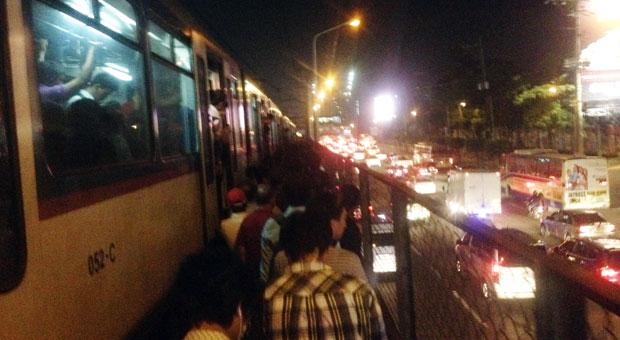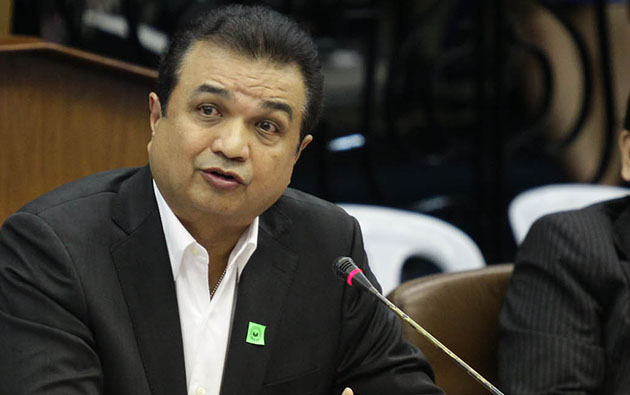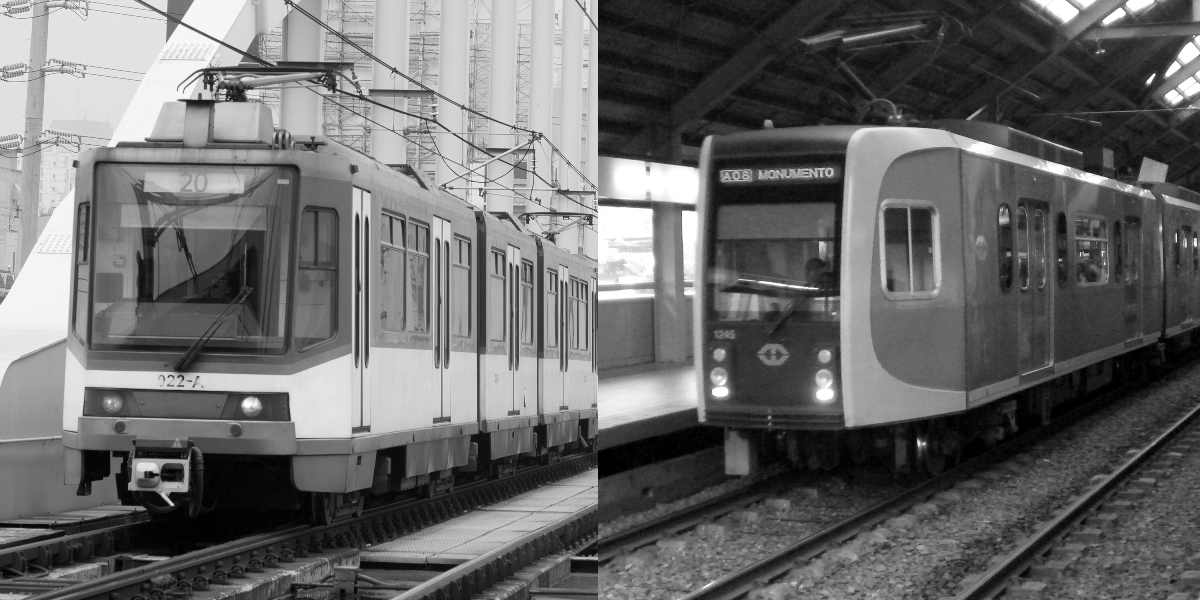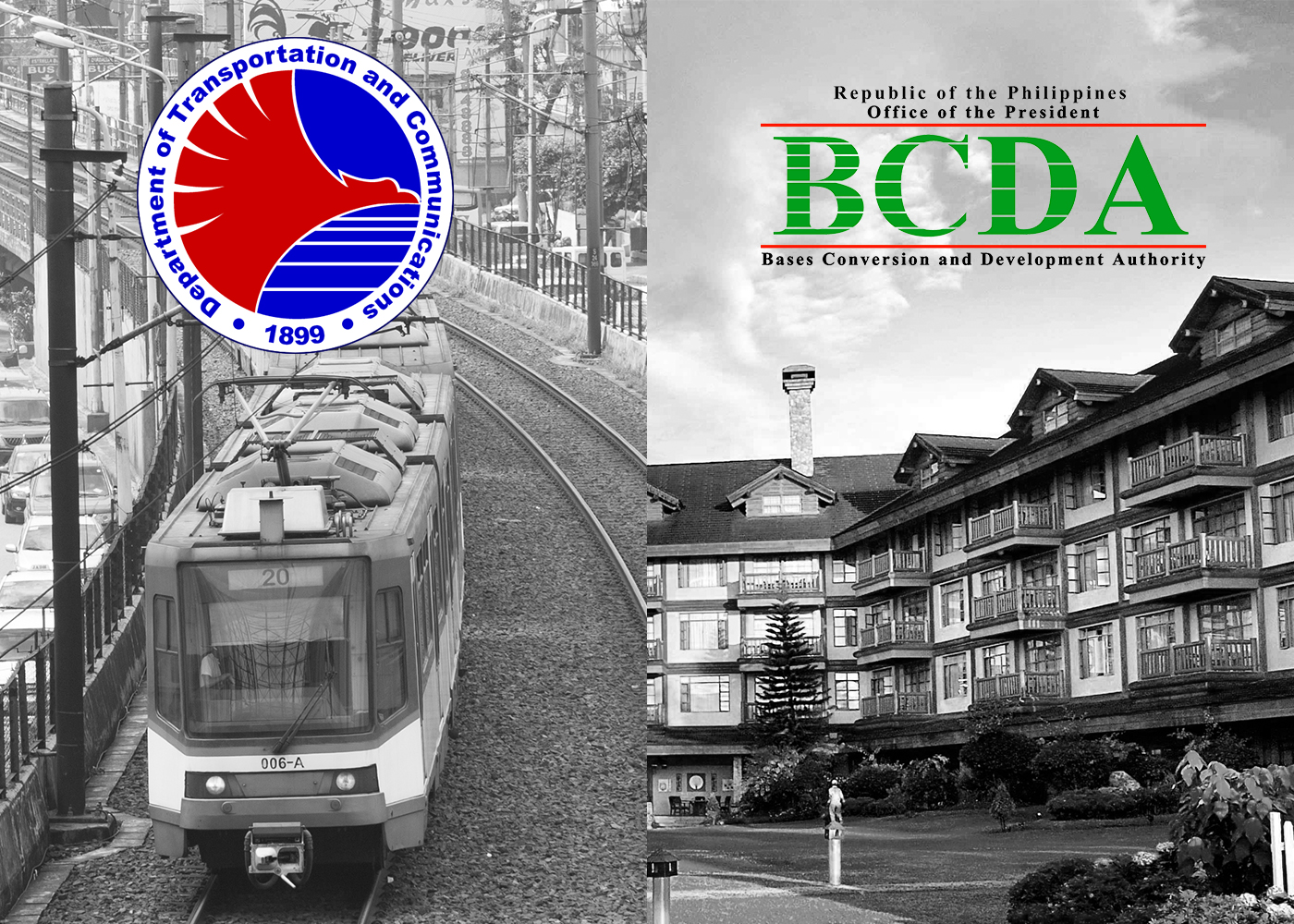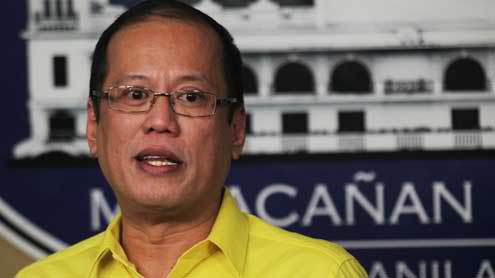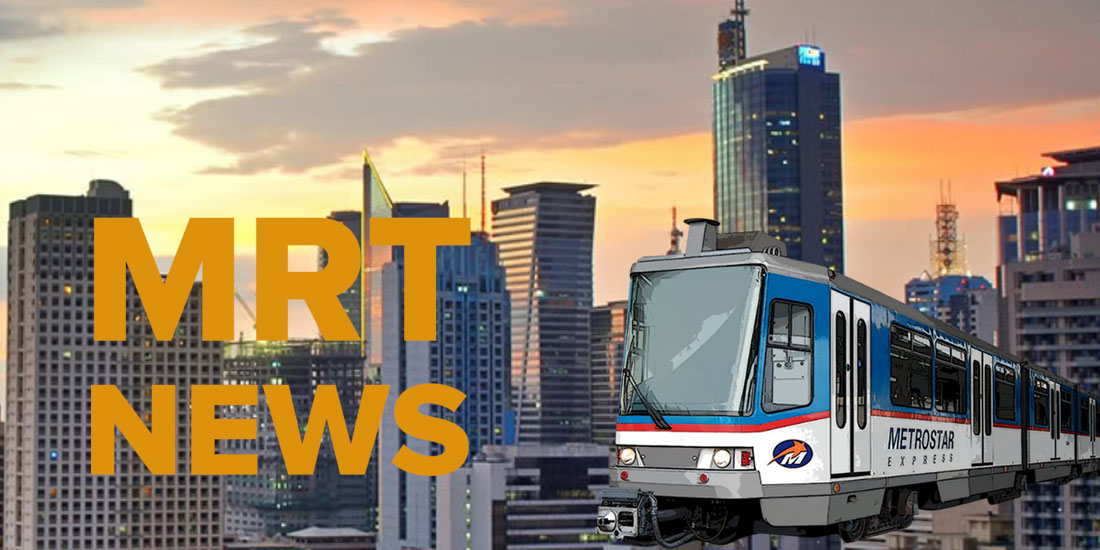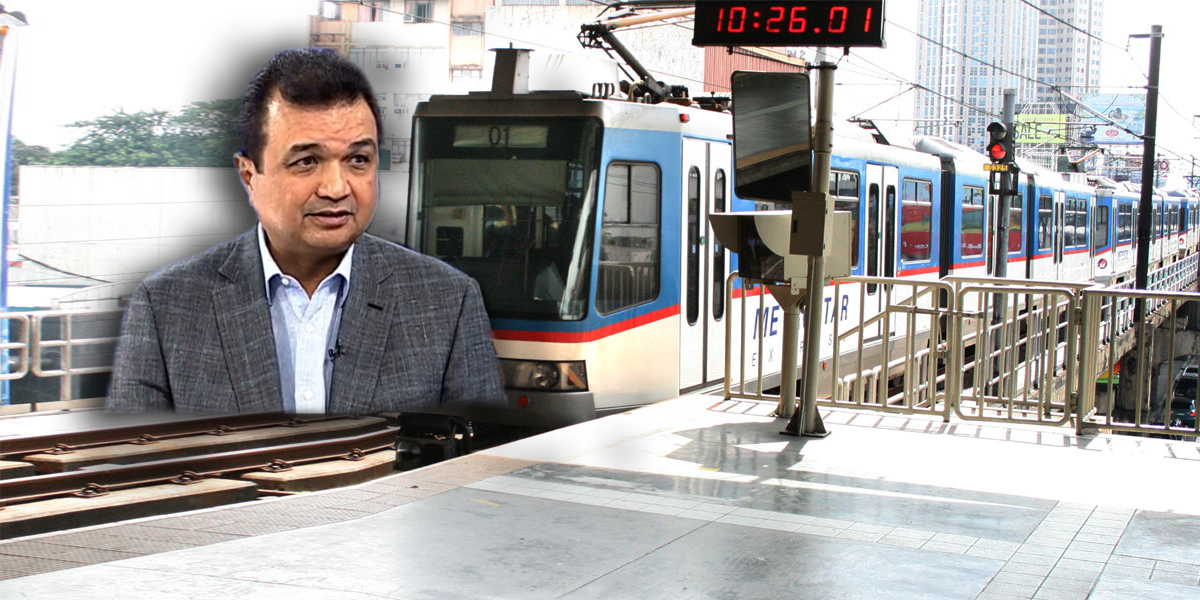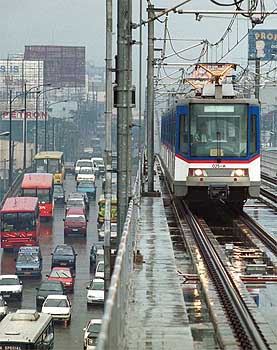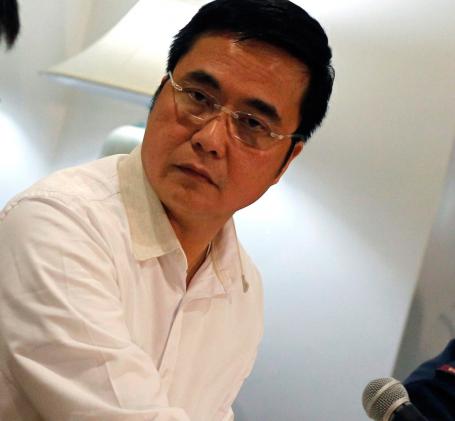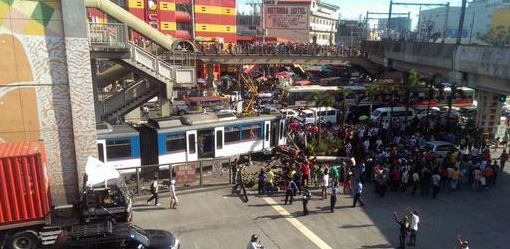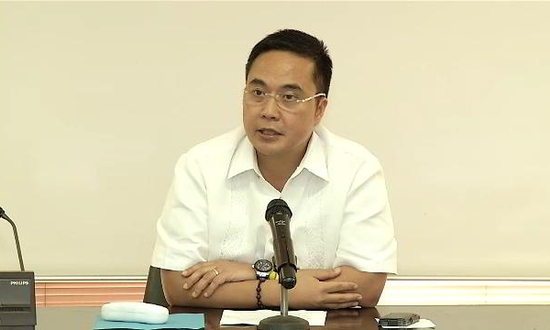By Jarius Bondoc | The Philippine Star | January 8, 2016
Public safety requires that Transport Secretary Joseph Abaya say what’s really going on at the MRT-3 commuter rail. Is daily maintenance being done or not? Lives and limbs of hundreds of thousands of daily riders depend on it. So do millions of motorists and pedestrians on the busy avenue below. Taxpayers across the land deserve an accounting.
The daily checks are for operability and protection. These include the automatic brakes and doors, bogey wheels, fire alarms, and electronic connectors of coaches. Off-hours nightly, tracks need inspecting for metal cracks. The signaling needs testing for glitches. So critical are those that metro engineers the world over have standardized checklists that form part of any upkeep.
Yet Abaya is telling only half the story. “We’re still talking,” he says of Busan Transport. The STAR reported that the Korean firm is backing out of a new three-year maintenance contract. Abaya is hiding it: “Discussions have been ongoing the past two days (Jan. 4-5).”
His words betray him. What was there to yak about, when Busan and four Filipino partners already were given the P3.8-billion negotiated deal. Abaya sneakily had announced it on Christmas Eve when everyone was distracted. The joint venture was to take over Jan. 5, the second day of return-to-work.
Actions further belie Abaya. Last Jan. 4 his Dept. of Transport and Communications anxiously was asking the expired German-Filipino contractors to stay on another month. Schunk Bahn-und Industrietechnik and CommBuilders & Technology told The STAR they were unwilling. They had sued DOTC-MRT-3 for nonpayment of P102 million of the P136-million fee for six-month maintenance. They also are decrying in Malacañang their disqualification by Abaya from topping the offer of Busan et al. Impleaded MRT-3 general manager Roman Buenafe has been avoiding newshounds, allegedly because “it’s all Abaya’s fault.” It’s like the sudden departure of the Land Transportation Office chief, when left to clean up the mess of Abaya’s sleazy vehicle platemaking contract.
DOTC sources leak critical info. Having second thoughts, Busan had not taken over, wanting to be mere “technical adviser” instead of “technology partner.” The DOTC wouldn’t allow it, for Busan alone has the knowhow. The four Filipino partners are into anything but railways: real estate, trading, agricultural supply, and plumbing. Liberal Party-mates of president Abaya are using them as fronts. The P3.8-billion maintenance is a continuation of similar scams those LP men pulled off since 2012 via PH Trams and Global Epcom.
Supposedly Busan has been warned about lawsuits to arise from new irregularities. Among these is dummying. Busan, with P138-billion net worth, holds only four-percent share; the four Filipinos, worth just P1 billion, own 96 percent. Skirted is the legal limit on foreigners to 40 percent of utilities, like transport. Yet only Busan is experienced.
Another anomaly is Abaya’s claim of “emergency” and “failed bidding” to go into closed-door negotiations instead of open bidding. What had failed was the bidding for only one of four components of the project, the maintenance proper. Yet Abaya lumped in the overhaul of 54 remaining (of 73 original) coaches, replacement of the signaling system, and other maintenance works. There was no unforeseen emergency. Abaya’s 447-page prospectus states that funds for the four components are in the 2014 and 2015 national budgets – long foreseen and allocated.
Metro Rail Transit Corp. (MRTC), owner-builder of MRT-3, stresses those very facts in a letter to Abaya last Dec. 21. MRTC reminds him that it is ultimately responsible for the railway’s upkeep. It questions Abaya for not coordinating with it and seeking consent for the secret talks that led to the deal with Busan et al.
The four Filipinos are hardly known: Edison Construction Development Corp., Tramat Mercantile, TMI Corp., and Castan Corp. MRTC says that Abaya, in hiring financially and technically incapable parties, breaks the Build-Lease-Transfer agreement with the government.
MRTC sees no natural or manmade calamity to justify emergency contracting. There was ample time to bid out the maintenance. The overhaul was long planned for 2015, the 15th year since MRT-3 began. Congress earmarked the new signaling in the 2014 supplemental budget.
Signing the letter is Tomas T. de Leon Jr., MRTC chairman and high officer of the government’s Land Bank of the Philippines. Having bought 80 percent of MRTC in 2008, the LBP and sister Development Bank of the Philippines hold 11 of 15 board seats. The rest are with the founders and later investors.
MRT-3 is but one of many railways that have deteriorated under Abaya. The LRT-1 and -2 also now suffer frequent breakdowns and accidents due to shoddy maintenance. The Philippine National Railways is losing money due to mismanagement and disrepair. Instead of limiting themselves to policy-making and regulating, Abaya’s hit-men meddle in the purchase of the largest rails to the smallest nails. More on PNR anomalies next time.
 Twitter
Twitter Facebook
Facebook